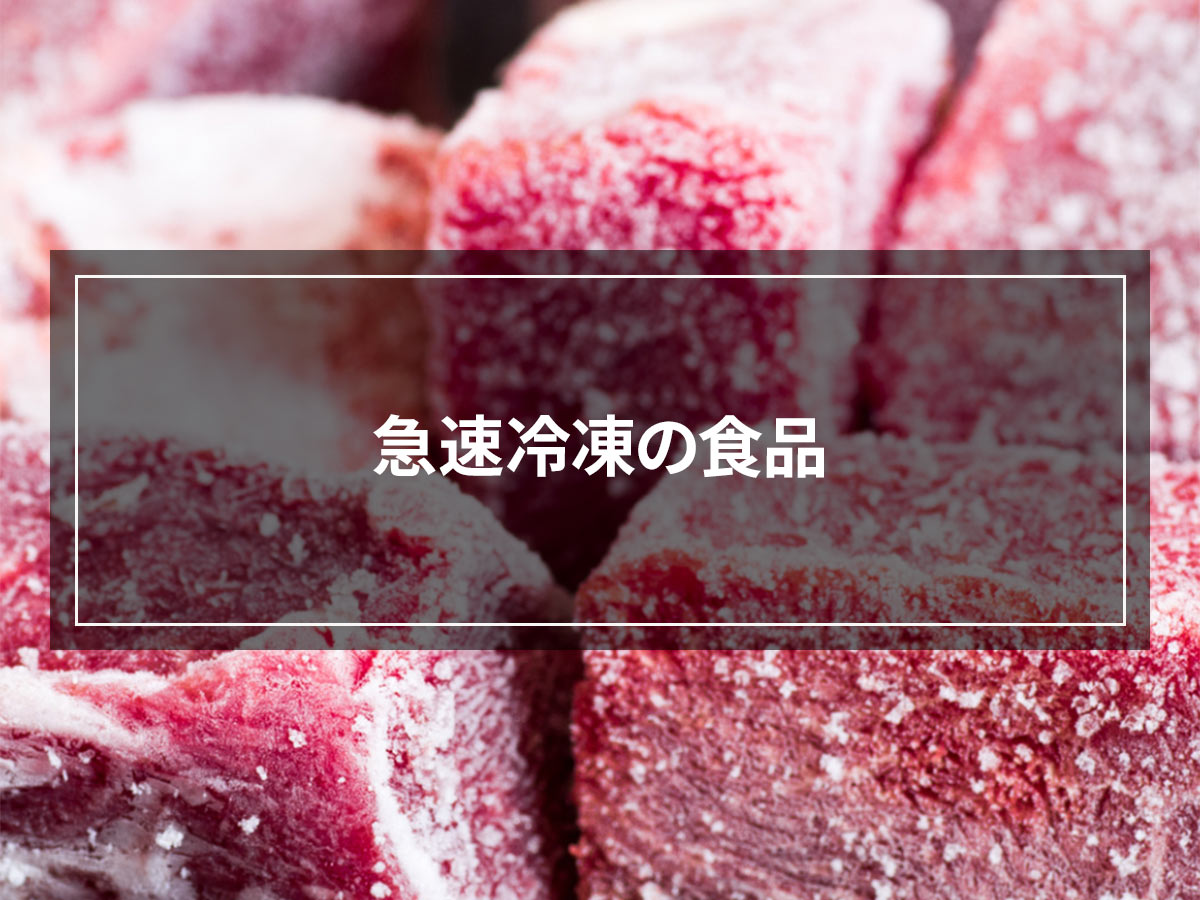Introducing the current situation of hotel manpower shortages and examples of solving recruitment and labor issues

The hotel industry has been plagued by a serious labor shortage for many years, but did you know that this shortage will become even more severe in the future?
As times change, the labor shortage situation is also changing, and it is said that in the future, due to the impact of Japan's extremely low birthrate and aging population, known as the 2025 problem, it will become increasingly difficult to acquire new human resources.
Furthermore, labor shortages have led to a worsening working environment and declining service quality, which ultimately leads to lower customer satisfaction and reduced sales at hotels, creating a negative cycle that is a major problem.
On the other hand, there are also cases where hotels and inns have been able to improve their labor shortage situation by taking on new initiatives, to the point where they now have a constant stream of people wanting to work.
In this article, we will explain the current state of labor shortages in the hospitality industry and their causes, as well as introduce specific measures to address the worsening labor shortage, as well as new policies in preparation for the upcoming 2025 problem, along with some success stories.
目次
- 1. Current labor shortage
- 2. Reasons for the labor shortage
- 3. Problems caused by labor shortages
- 4. What is the 2025 problem?
- 5. Measures to address labor shortages
- 6. The real challenge in resolving labor shortages
- 7 Measures to improve hotel business efficiency
- 8. rapid freezer solve labor shortage issues
- 9 Examples of successful improvements to working conditions through the introduction of rapid freezer
- 10Conclusion
Current status of labor shortage
The accommodation industry, including hotels and inns, is known as an industry that is perpetually short of manpower, and it is said that about 80% of companies are suffering from serious labor shortages.
According to the Ministry of Health, Labor and Welfare's survey "Overview of the Results of the 2021 Employment Trends Survey," the turnover rate in the hotel and inn industry is 25.6%, the highest among all occupations.
It is said that the hospitality industry is suffering from a chronic labor shortage due to the deterioration of working conditions caused by the labor shortage. We will explain in detail the specific causes and the problems that arise as a result of them, as well as the measures to improve each of them.

Causes of labor shortage
The reasons for hotel staff shortages include a high volume of face-to-face work and poor working conditions, which tend to result in high employee turnover. Let's take a look at the specific causes and reasons for this.
High turnover rate
If there are a lot of people leaving the company, it will lead to an increase in the workload and working hours of the people who have to cover for the vacancies. This will increase the burden on each employee, which will likely lead to further turnover.
Low wages not commensurate with the amount of work
According to the "2021 Private Sector Salary Survey" published by the National Tax Agency, the average salary of employees working for private companies is 4.43 million yen, while the average salary of employees in the hotel industry is only 2.6 million yen. This figure has hardly changed since before the COVID-19 pandemic. Low wages and heavy work will eventually lead to people quitting their jobs and moving to other industries.
Long working hours
Hotels and inns are generally open 24 hours a day, 365 days a year.
In the pursuit of improving hospitality, the workload increases, which may result in a worsening working environment, such as overtime work and working on holidays.
It's hard to take time off
The average annual paid leave acquisition rate per worker is also significantly lower in the accommodation industry at 44.3%, compared to the overall industry average of 58.3%. This shows that the hotel industry is one of the most difficult industries for workers to take leave, and this inability to take leave is closely related to staff turnover and difficulties in recruiting personnel.
Hotel openings boom
While demand for hotels and travel is recovering after the COVID-19 pandemic subsided, the reality is that employees who left the company are not returning due to reasons such as changing jobs.
In this situation, the decision to hold the Tokyo Olympics and the Osaka World Expo has been made, and new hotels targeting inbound tourists are being built one after another, further contributing to the labor shortage.
These factors are said to be exacerbating the labor shortage.
So what impact will the labor shortage have?
Problems caused by labor shortages
In order to find a solution to the labor shortage, it is also necessary to consider how the causes of the labor shortage mentioned above are actually affecting hotel management.
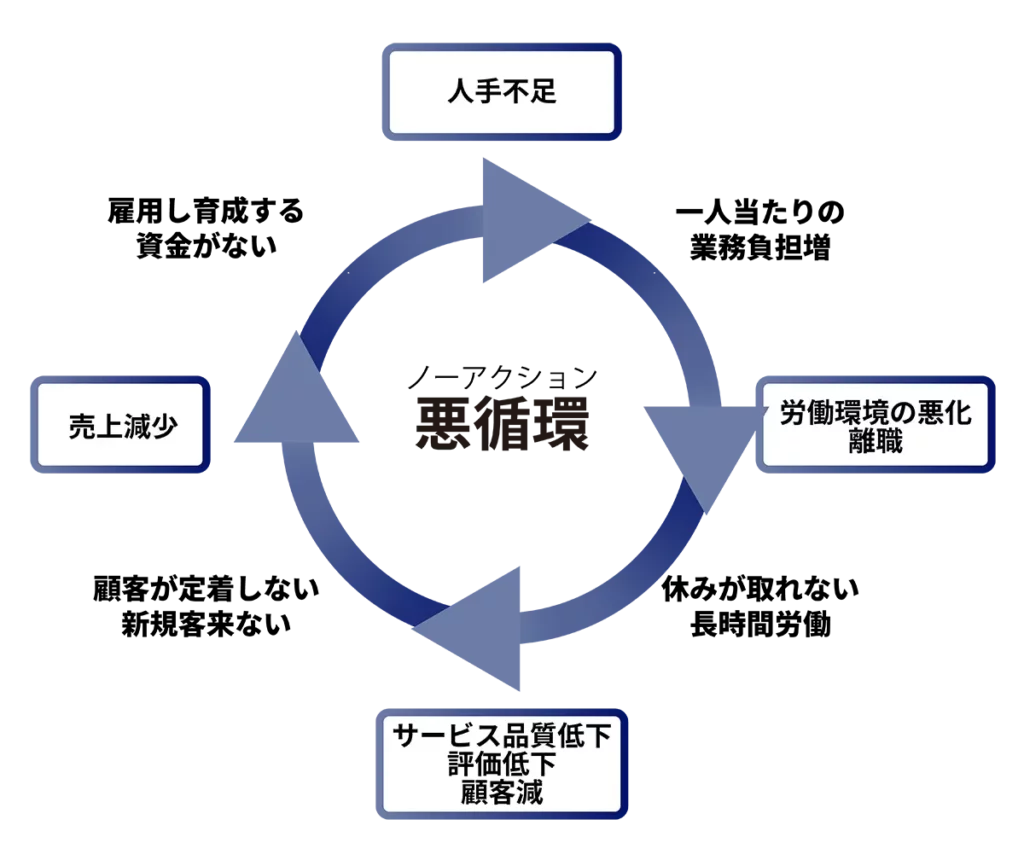
Deteriorating working conditions for employees
The hospitality industry already has a heavy workload and long working hours, so when an employee quits, other employees have to take up the work. This puts a heavy burden on employees, making it difficult to take time off and forcing them to work early morning or late night shifts, which leads to more employees quitting.
Declining customer satisfaction
Many services that require human intervention, such as cleaning, food service, and hospitality, are directly linked to the quality of a hotel. If the quality of these services declines due to a labor shortage, customer satisfaction and hotel ratings will fall, making it difficult to attract new and repeat customers.
Decreasing sales
Cutting labor costs and other expenses will likely lead to a decline in service quality, which will ultimately lead to a decrease in the number of guests and a drop in sales.
In this way, if the negative cycle of labor shortages, which has led to problems in the working environment and management, cannot be stopped, the very survival of hotels will be in jeopardy. Moreover, measures will be required immediately in anticipation of the new problem that awaits us in 2025.
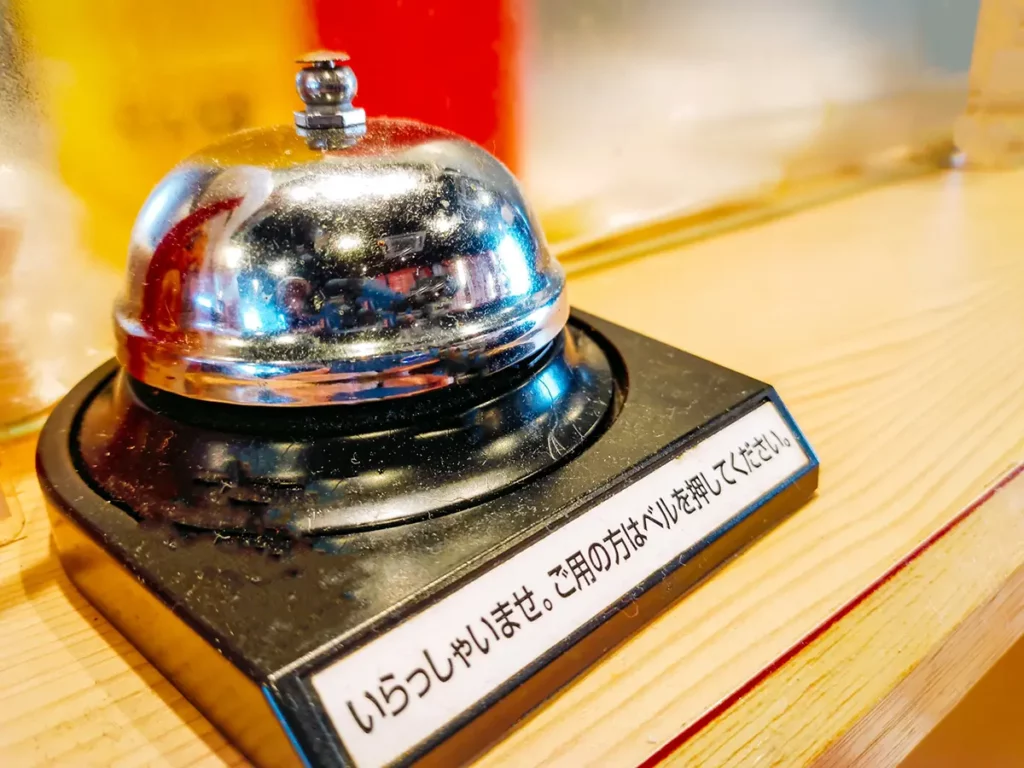
What is the 2025 problem?
The "2025 problem" caused by Japan becoming a super-aging society is expected to have a major impact on various fields such as employment, medical care, and welfare. As a result, it is said that in the future, the hotel industry will see an increase in hotels with nursing care facilities attached, and while the population of people requiring care is increasing, the young labor force to provide care is on the decline.
In other words, it is said that the effects of the extremely low birthrate and aging population will exacerbate the labor shortage in the hotel industry in the future, and immediate measures to address the problem are necessary.
Measures to address labor shortages
In response to the long-standing labor shortage problem, the traditional challenge for all accommodation facilities has been to prevent staff turnover by improving the working environment. We will introduce specific measures while looking at past challenges and new things that need to be done in the future.
Improving working conditions
Previous improvement measures have included reviewing workloads, working hours, and shifts, raising wages, etc. In addition, it has become important to improve the treatment of families with children, promote remote work for back office work, and review employee benefits to reduce the burden on employees while creating a work environment that allows them to feel the benefits of working at a facility.
However, even if we aim to acquire new human resources, the main cause of the labor shortage is the declining population of the younger generation, which is the main source of labor. Even if we were able to increase the number of new human resources, there is no guarantee that the working environment or overall management will improve, considering the time and effort required for human resource development.
So what exactly needs to be done to improve the working environment?
The real challenge in solving the labor shortage
The underlying reason behind the serious labor shortage in hotels is a vicious cycle of management: labor shortage → worsening working environment → employee turnover → decline in service quality → customer attrition → declining sales → insufficient recruitment budget → labor shortage...
Creating a virtuous cycle in this management structure will fundamentally solve the hotel's labor shortage.
When you think about it that way, the first thing you should do is to improve efficiency.
By improving efficiency, profits remain → working environment improves → it becomes easier to recruit, alleviating labor shortages → improving service quality... this leads to a virtuous cycle, which ultimately helps to resolve the labor shortage issue.
From here, we will introduce some measures that will lead to improved operational efficiency at hotels in order to create a virtuous cycle.
Measures to improve hotel business efficiency
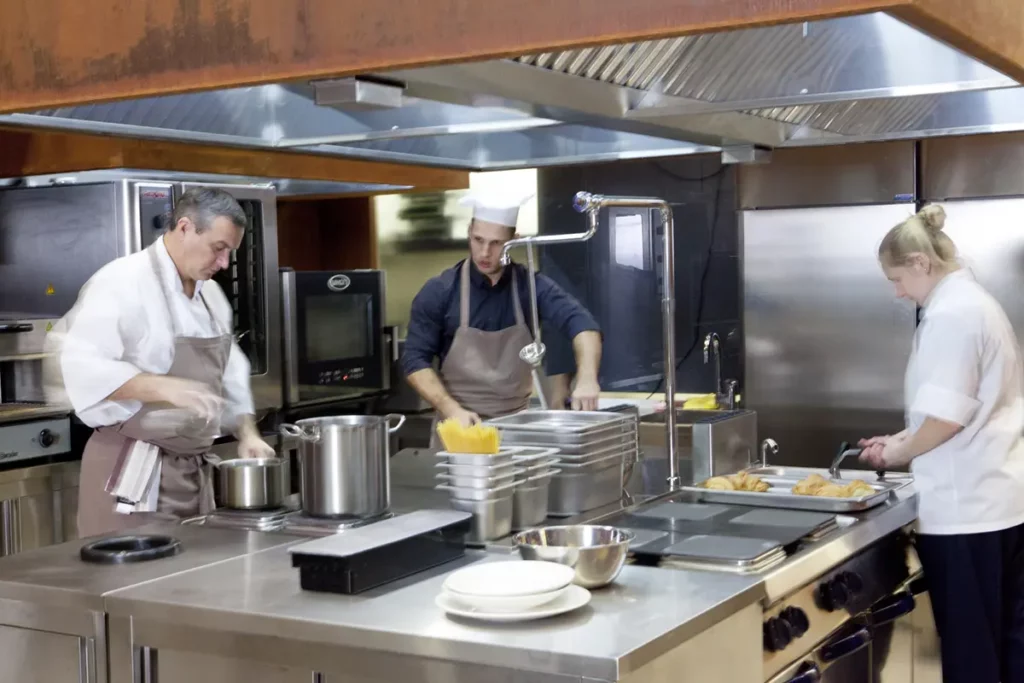
Recruiting and hiring new staff often requires advertising money and time, but it is often difficult to acquire the desired personnel. This is why it is of utmost importance for the hotel industry today to streamline operations with the current number of staff.
In this context, the use of digital technology and refrigeration technology in hotel operations is attracting particular attention. Below are some examples of measures to enable hotels to handle a huge amount of work with fewer staff.
Digitalization of business operations
Digitalization of operations means introducing digital tools such as AI and IT technology into hotel operations.
Measures to automate as many manned tasks as possible and increase operational efficiency, such as unmanned check-in, chatbots responding to inquiries, smart lock systems, digital signage (guide signs), and robot vacuum cleaners, are becoming more common, especially at budget hotels targeting inbound tourists.
Introduction of rapid freezer
Resort hotels, where guests enjoy the atmosphere of their rooms and meals, cannot afford to lower the quality of the food they serve. In addition, as hotels begin to have nursing care facilities attached to them in preparation for 2025, there will be even greater demands for the quality and production efficiency of food service.
To achieve this, we recommend installing rapid freezer.
By utilizing freezing technology, it is possible to improve food inventory management and kitchen cooking operations, thereby increasing the efficiency of kitchen operations and improving service quality while reducing labor costs.
In the next chapter, we will introduce the specific benefits of introducing rapid freezer, as well as an example of a hotel that successfully improved its working environment and resolved its labor shortage by actually introducing freezers.
Solving the labor shortage problem with rapid freezer
Among hotel services, "providing delicious food" is one of the most important points in determining customer satisfaction.
There are also many labor shortages there, and many hotels find it difficult to maintain the quality of their service, such as delicious food, due to a lack of skilled craftsmen. Because hotel meals must be served to large numbers of people at once, high-quality food must be served quickly even with a small number of cooks and serving staff.
Therefore, as a measure that can simultaneously solve the issues of labor shortages and food provision, we recommend introducing rapid freezer called an "Art Lock Freezer."
What is rapid freezer? Improving the efficiency of food service operations at facilities
rapid freezer is a device that freezes food in a short period of time, enabling it to be stored for a long period of time without losing quality.
Among the various rapid freezer, the Art Lock Freezer in particular is a quick freezer that makes it possible to freeze not only ingredients such as meat, fresh fish, and fruit, which were previously thought to be difficult to rapid freezer, but also foods that use white rice, such as sushi and rice balls, without compromising the quality of the ingredients.
Cooked foods lose their flavor as they cool over time, but the Art Lock freezer can freeze even hot foods in a short amount of time, allowing you to freeze them without compromising the freshly cooked taste and flavor.
Freezing stir-fried and fried foods, which were previously considered difficult to prepare, can preserve and reproduce high-quality flavors and aromas, to the point that it is recognized by chefs at top restaurants.

What can be done with rapid freezer Art Lock Freezer?
rapid freezer not only preserves high-quality ingredients and allows you to secure inventory for the long term, but also explains in detail how freezing technology can be used to streamline operations and improve labor shortages.
Improving cooking operations
By preparing time-consuming dishes in advance and rapid freezing, and then thawing them when you need them, you can get tasks that you would normally do during busy times done early when you have more free time.
Even hotel kitchens that are struggling with labor shortages will be able to serve more meals with fewer staff, reducing labor costs without sacrificing food quality.
This will also lead to improved working conditions and make it easier to hire new employees, such as reducing the amount of time spent preparing food and ensuring holidays for employees.
People without specialized skills can now provide professional flavors
The Art Lock Freezer can also freeze hot, freshly cooked food as is.
If you freeze meat, fish, and exquisite desserts that have been professionally prepared in advance in a freshly made state, even part-time or casual staff can provide food of the same quality as professional chefs, simply by heating it up or letting it thaw naturally.
This will allow us to provide high-quality food while resolving the issues of a shortage of craftsmen and labor costs, which will lead to increased customer satisfaction and repeat customers.
Reduce costs and improve quality of ingredients purchased
By rapid freezing purchased ingredients in an Art Lock freezer, you can store them for long periods of time while maintaining their quality.
By purchasing ingredients when they are cheap or in season rapid freezing, and then thawing only the amount you need when you need them, you can reduce purchasing costs and use high-quality ingredients. It also helps reduce food waste.
It also prevents dripping from meat and fish and white wax from turning white rice, both of which are common issues in the freezing industry, so you can store food for long periods of time without losing quality, and use it as fresh ingredients after thawing.
Expanding sales channels and business areas
If a hotel has popular menu items or desserts, they can be planned and produced as frozen products, and then sold through mail order services, vending machines, and take-out specialty stores that do not require manpower, allowing the business area to expand while keeping labor and running costs down.
This will also help raise awareness of the hotel's brand, making it possible to increase sales without worrying about labor shortages.
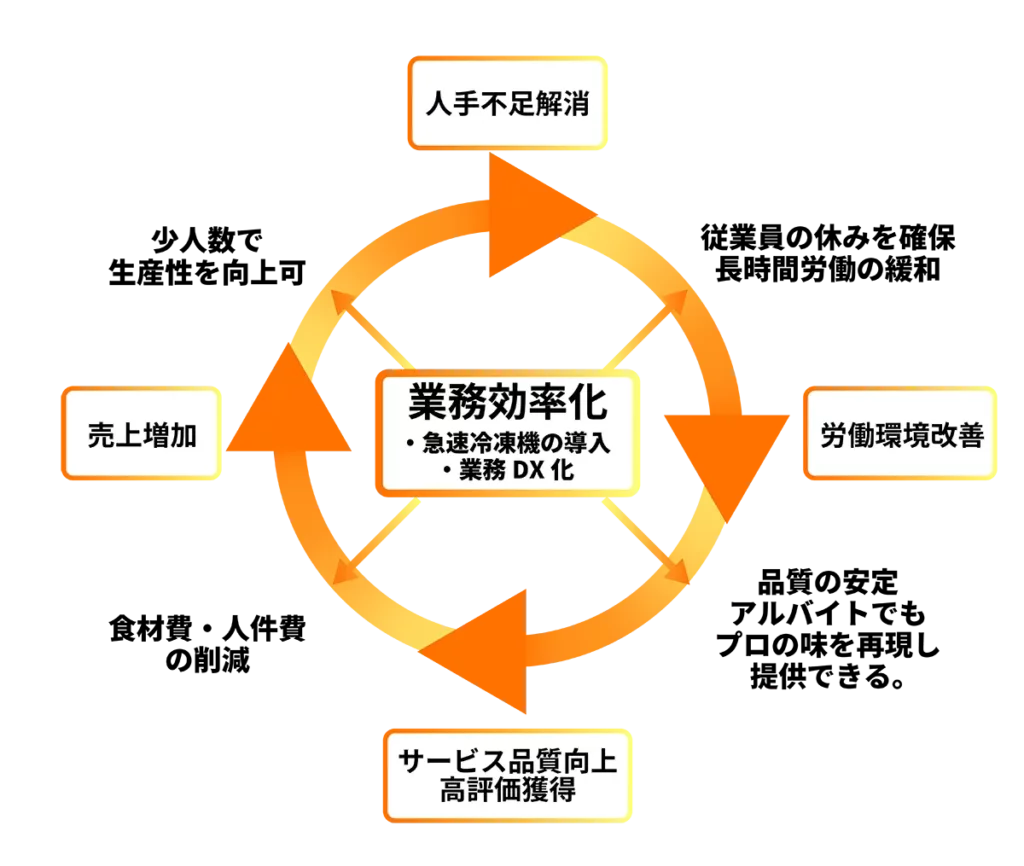
Case study of successful improvement of working environment by introducing rapid freezer
Company F Hotel business/Restaurant business
A hotel that was suffering from a chronic labor shortage improved its cooking operations by installing an Art Lock freezer and utilizing freezing technology. This is a case study that simultaneously improved the working environment and solved the labor shortage problem.
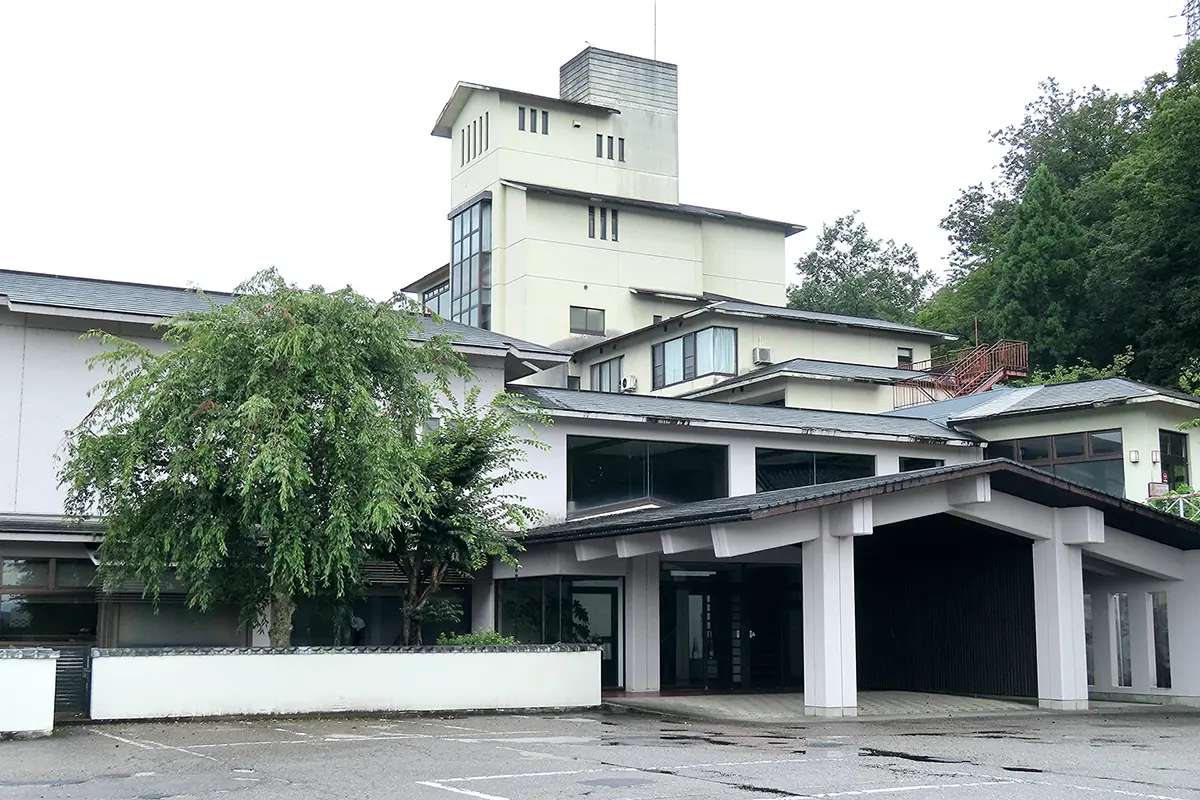
Company F, which operates a hotel, introduced a freezer and established a system for planning and producing three months' worth of inventory in the hotel restaurant.
They narrowed down the menu to using "brand wagyu beef," a local specialty that goes well with flash freezing, and successfully provided high-quality products with a small staff. As a result, they improved employee wages and working conditions, and applications continued to pour in. They also succeeded in raising the operating profit margin from a business model that had previously not generated operating profits to 10%.
Improvements in cooking operations through freezing technology
Beef, hamburger steaks, and sauces that take time to prepare and brown are frozen in an Art Lock freezer and stored in a short-term freezer. Anything that is not used within a week is stored in a long-term freezer. We plan and produce a three-month supply of inventory, making it possible to store it in the freezer.
We created a simple operation where the food is defrosted in the refrigerator the day before it is to be served, and then heated in a steam oven just before it is to be served. The quality of the food is consistent no matter who prepares it, even if it is a part-time staff member, and as a result, customer word-of-mouth and ratings have increased.
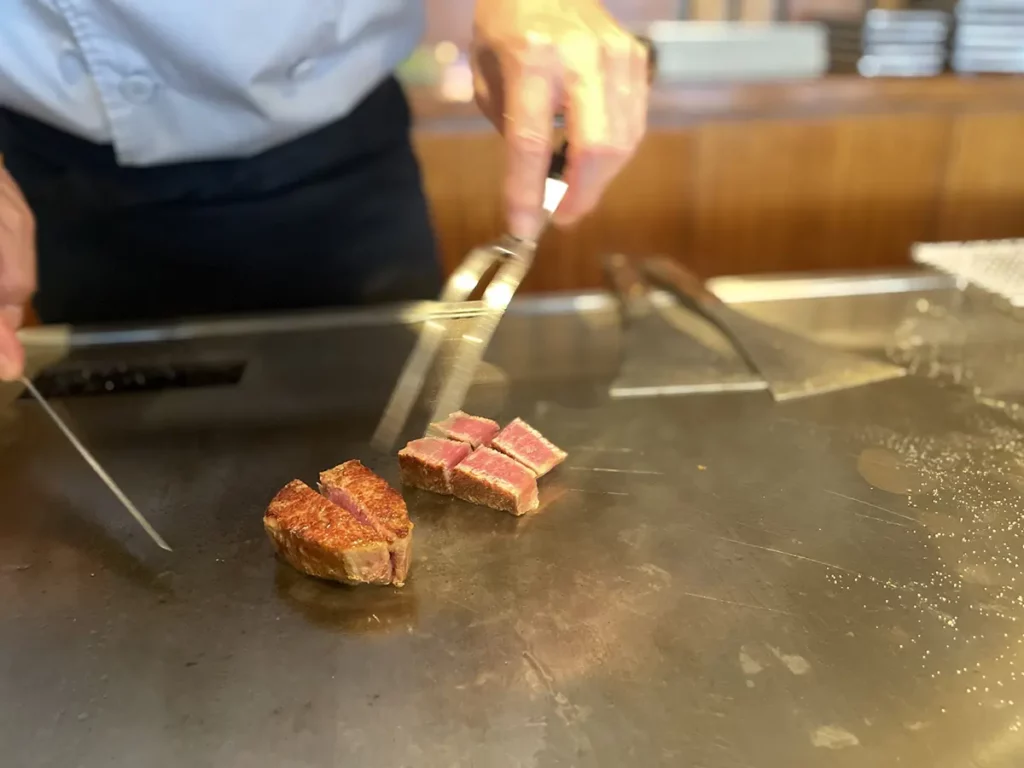
Improvements made by introducing rapid freezer
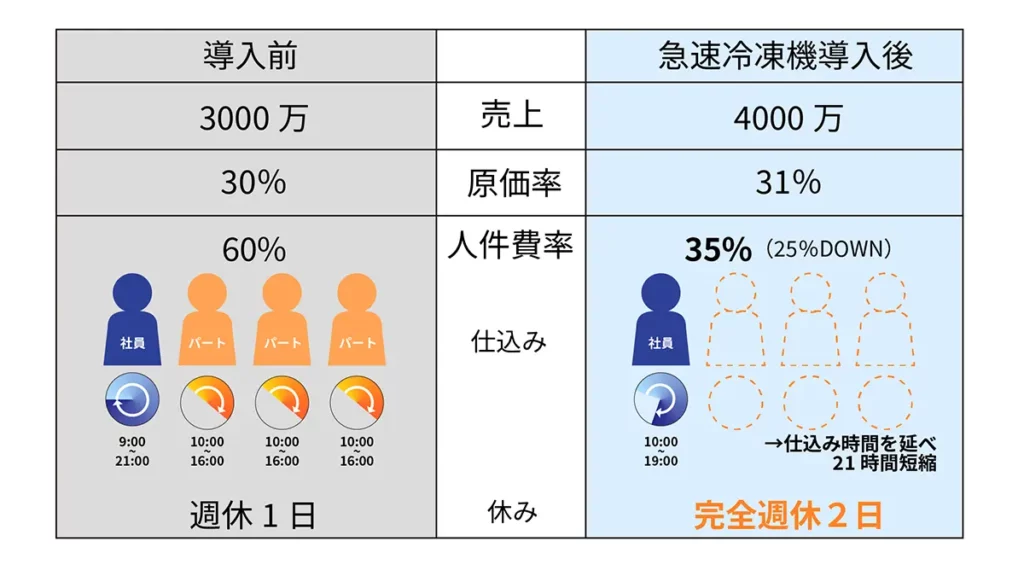
By introducing rapid freezer Art Lock freezer, we were able to improve the restaurant's cooking operations, establish a planned production system, and improve the working environment. Previously, preparation was done by one full-time employee and three part-timers, but now one full-time employee can achieve the same or even higher productivity, and work hours have been significantly reduced. We have even improved the situation to the point where we can take two days off per week.
When they posted a job offer with the improved working conditions, they went from having no applications at all to receiving 5-6 applications within two weeks, and they even succeeded in recruiting new staff. By improving both the quality of hotel services and the working environment, they were able to reduce labor costs and waste while also successfully increasing sales for the hotel as a whole, turning the management system around from a negative cycle.
Conclusion
The hospitality industry has long suffered from a chronic labor shortage, and the COVID-19 pandemic has made the situation even worse. In response to this, traditional measures have included increasing wages and improving working conditions in order to secure sufficient personnel.
In light of the emerging 2025 problem, we introduced a case study on the use of a "rapid freezer" to fundamentally resolve the labor shortage and improve work efficiency with a small number of staff.
By utilizing high-quality frozen ingredients and dishes, not only can we improve service quality even with a smaller manpower supply, but the establishment of a planned production system also greatly expands the possibilities for improving employee working environments.
This not only leads to high customer ratings and repeat business, but also creates a comfortable workplace for employees, which ultimately makes it easier to recruit new talent, helping to resolve the hotel's labor shortage and improving the business cycle.
For the reasons above, it is no exaggeration to say that the introduction of rapid freezer and the freezing business has the potential to bring about major changes to the labor shortage in the hospitality industry and the 2025 problem.
If you would like to know more about the functionality of the Art Lock Freezer introduced here and how it works to provide high quality freezing, or if you are considering introducing rapid freezer as a solution to your hotel's labor shortage, please contact Daybreak right away.
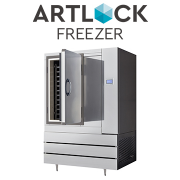

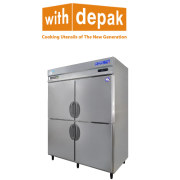

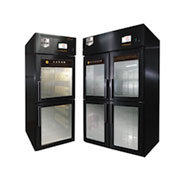

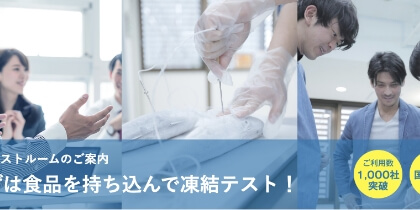
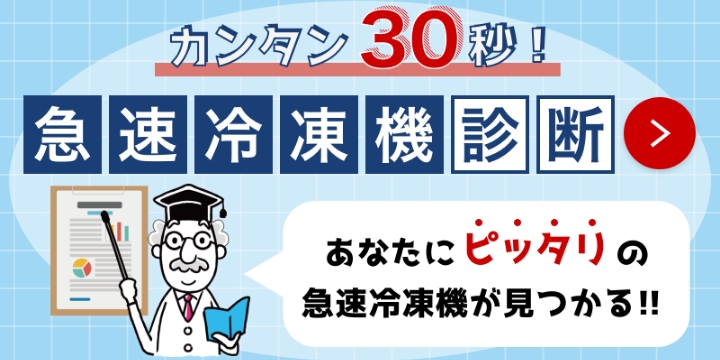
![[Storage period increased by 30 times! ] Achieving a stable supply of raw whitebait!](https://shunkashutou.com/wp-content/uploads/2016/11/579c55e6d32e1385c250e8e7c3ed59a71.jpg)
![[Sales increased 100 times! ] rapid freezing the signature menu “Ni-katsu sandwich”!](https://shunkashutou.com/wp-content/uploads/2016/11/IMG_02391.jpg)
![[Horse sashimi] We have significantly reduced waste loss with rapid freezer!](https://shunkashutou.com/wp-content/uploads/2016/11/5fda59d0cbcdabde18e58c3c58c09ed0.jpg)
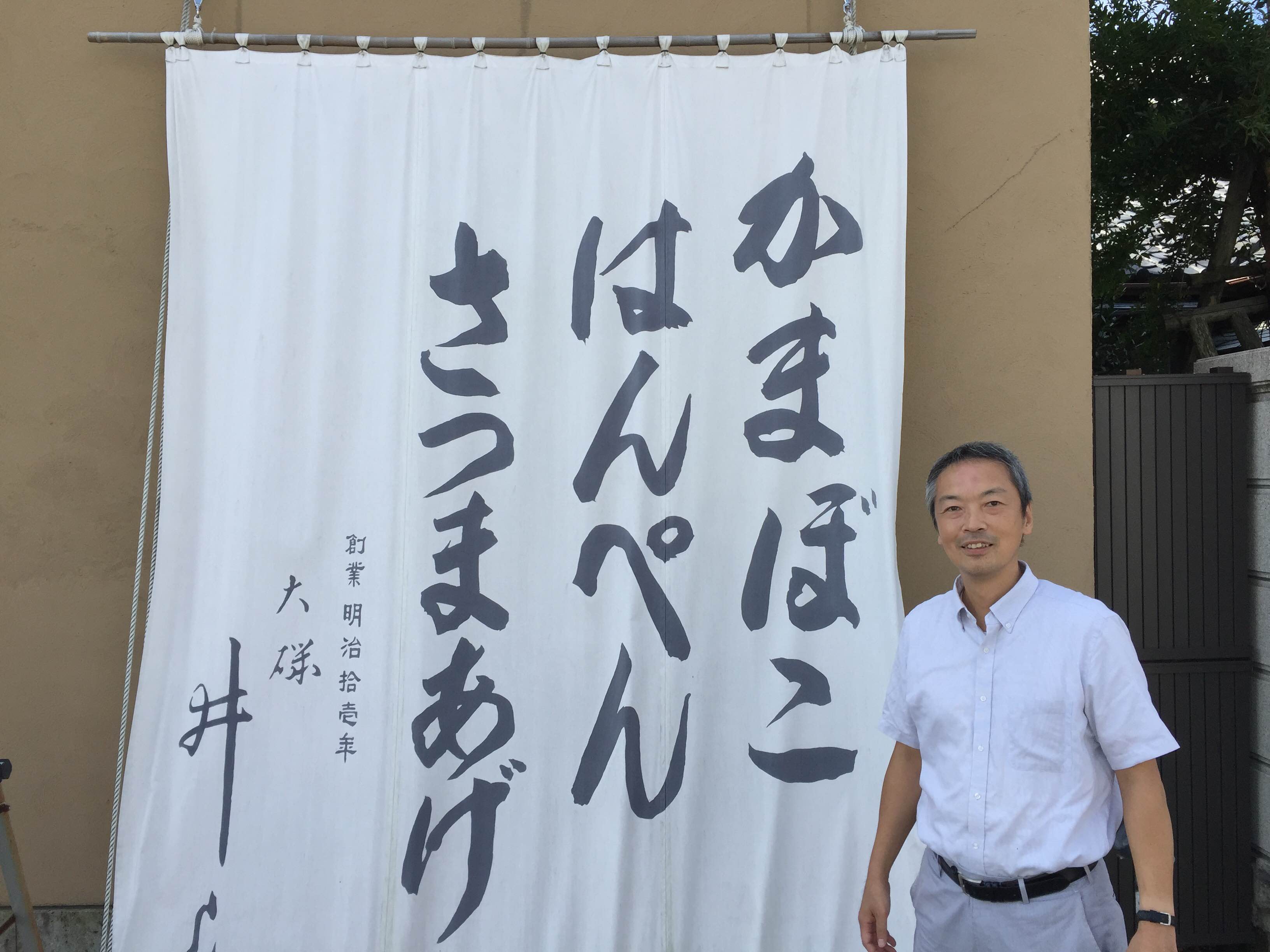
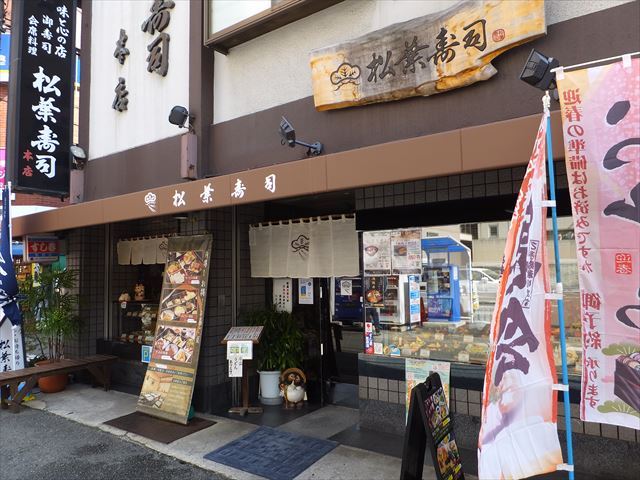


![[Storage period increased from 3 days to half a year! ] Restaurants are expanding their business using wholesale and mail order!](https://shunkashutou.com/wp-content/uploads/2018/04/66c19942ab4ba346fdb64ccc04cde373.png)
![[Reduce loss from 200 kg of oysters to zero] Improve loss and expand business with rapid freezer](https://shunkashutou.com/wp-content/uploads/2018/06/19785ca583a8d3c4041c7c192d041b0d.jpg)
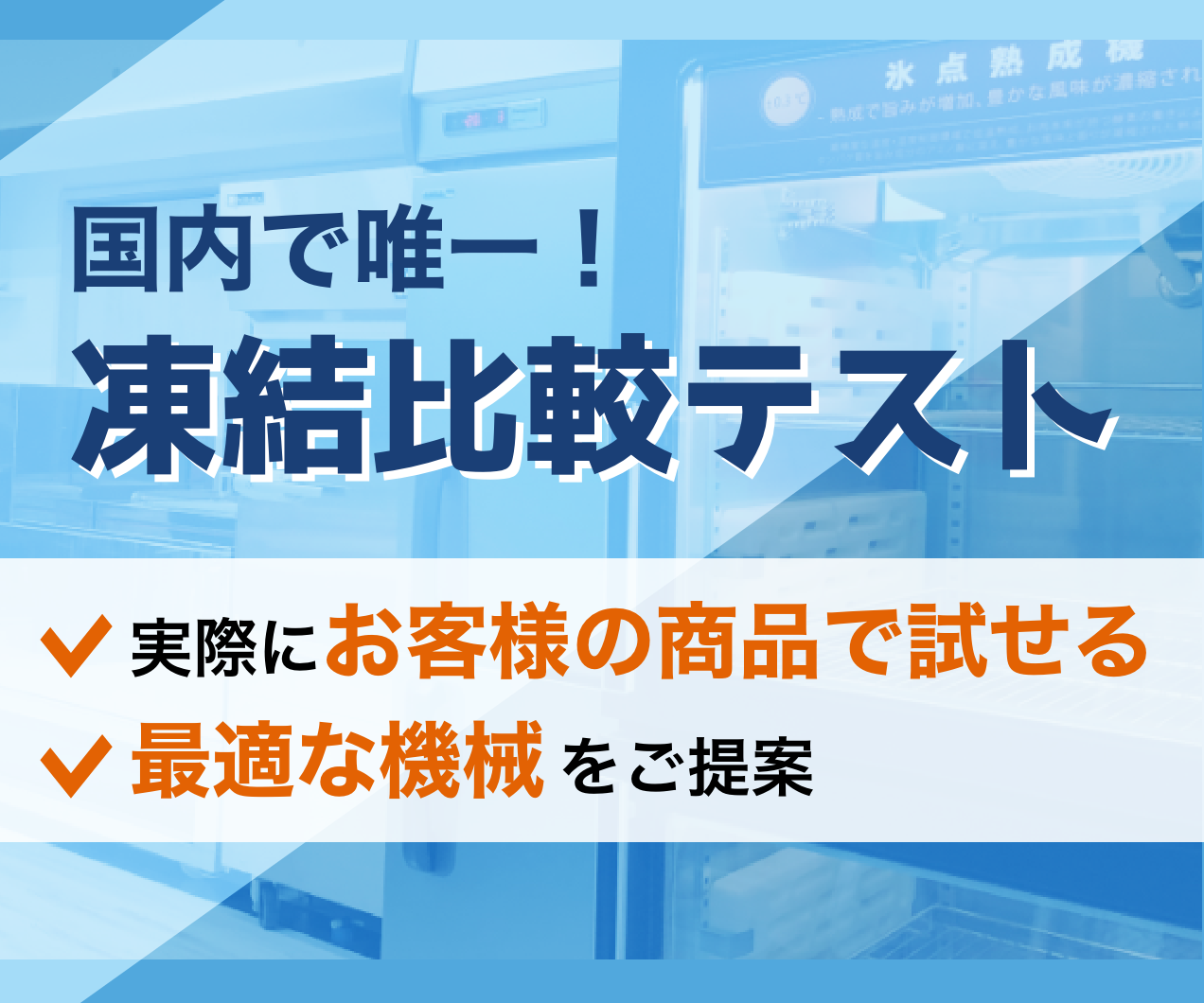
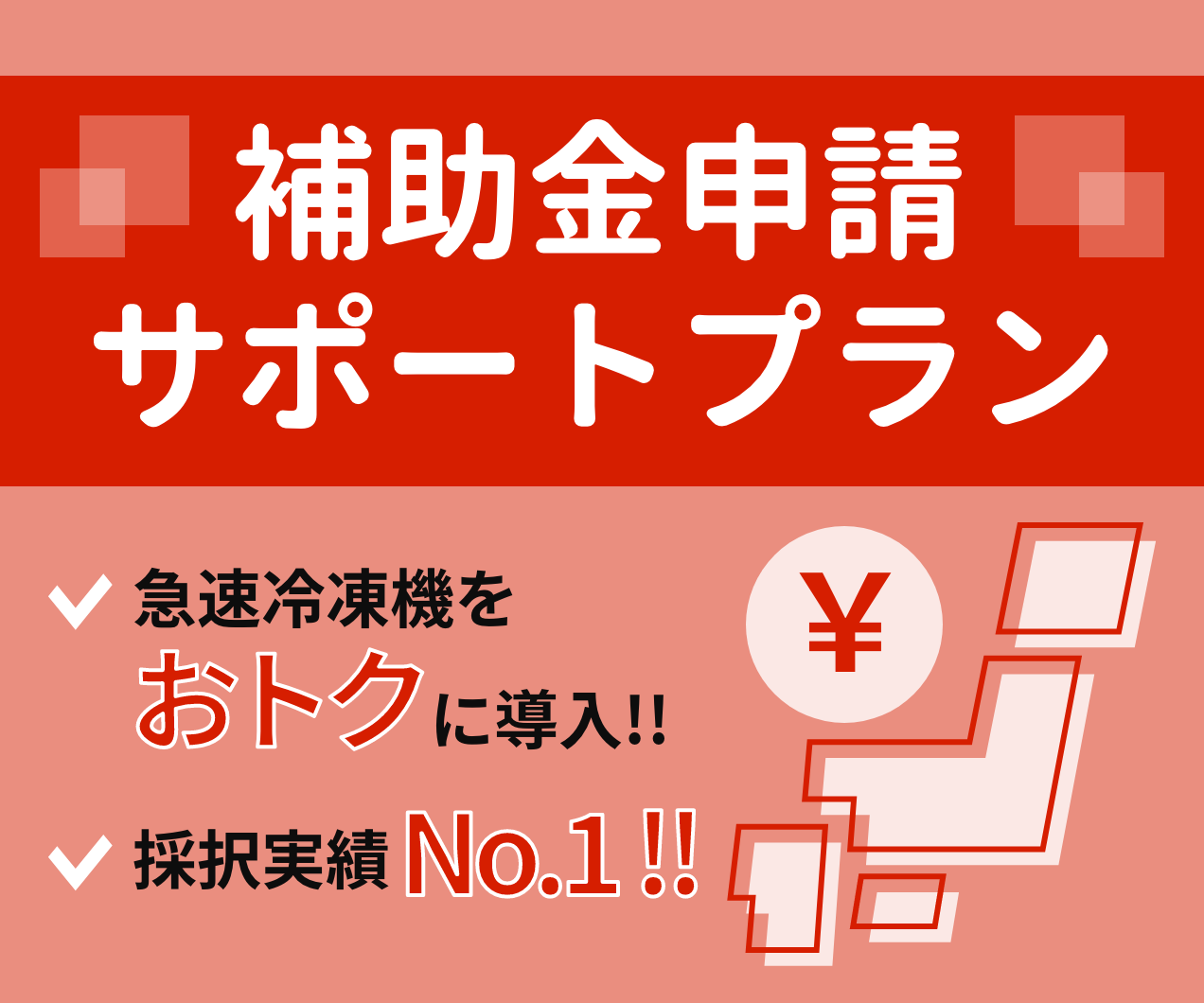
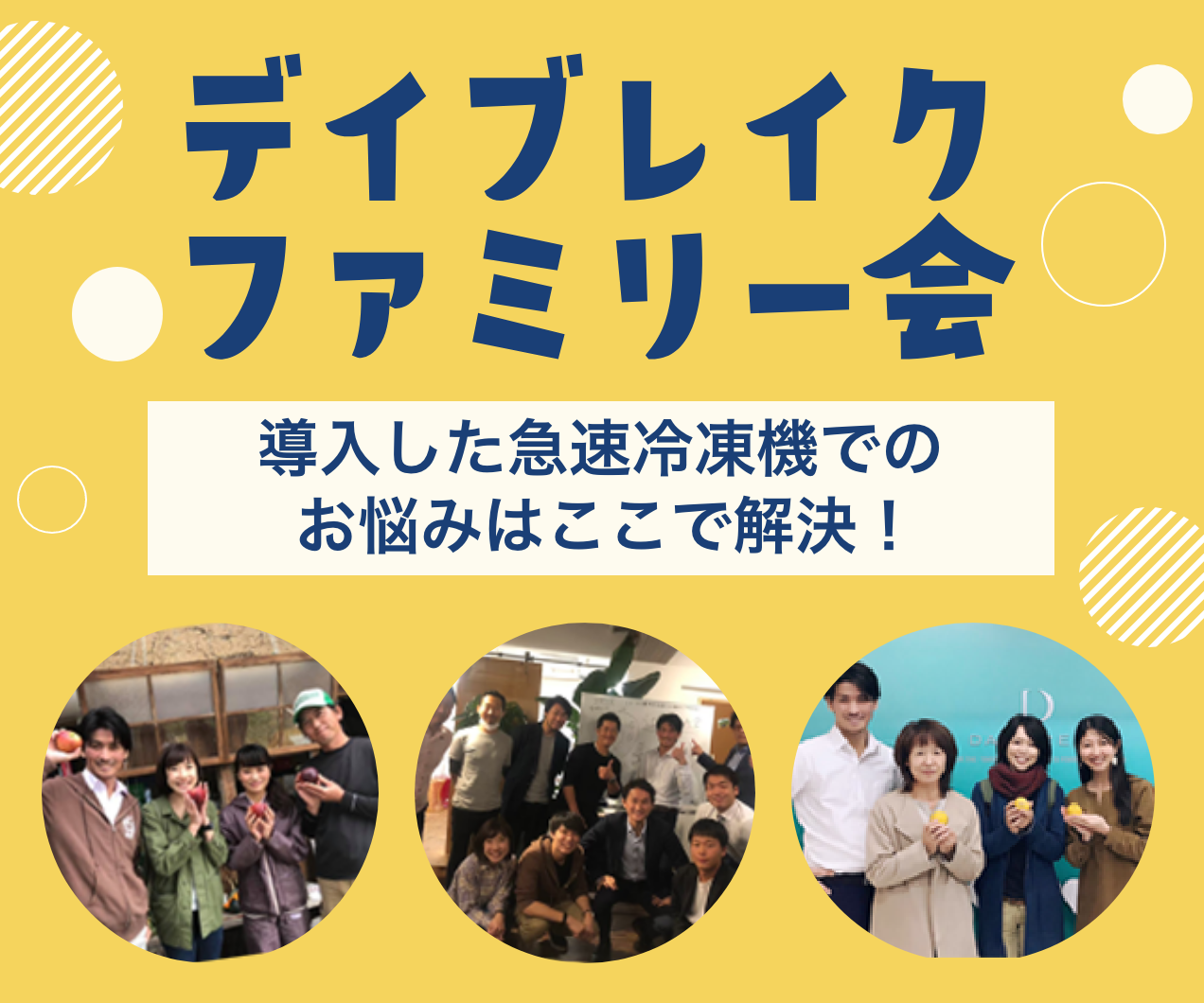

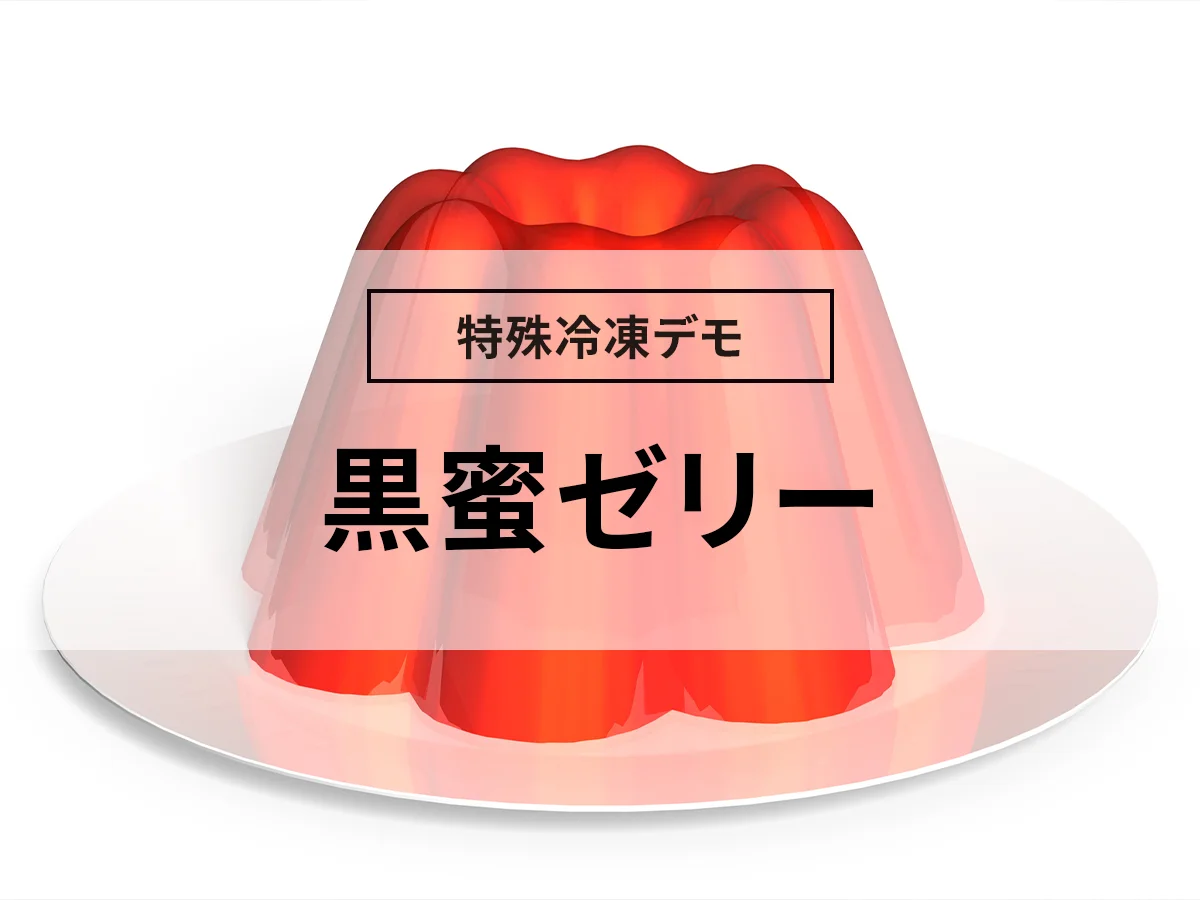

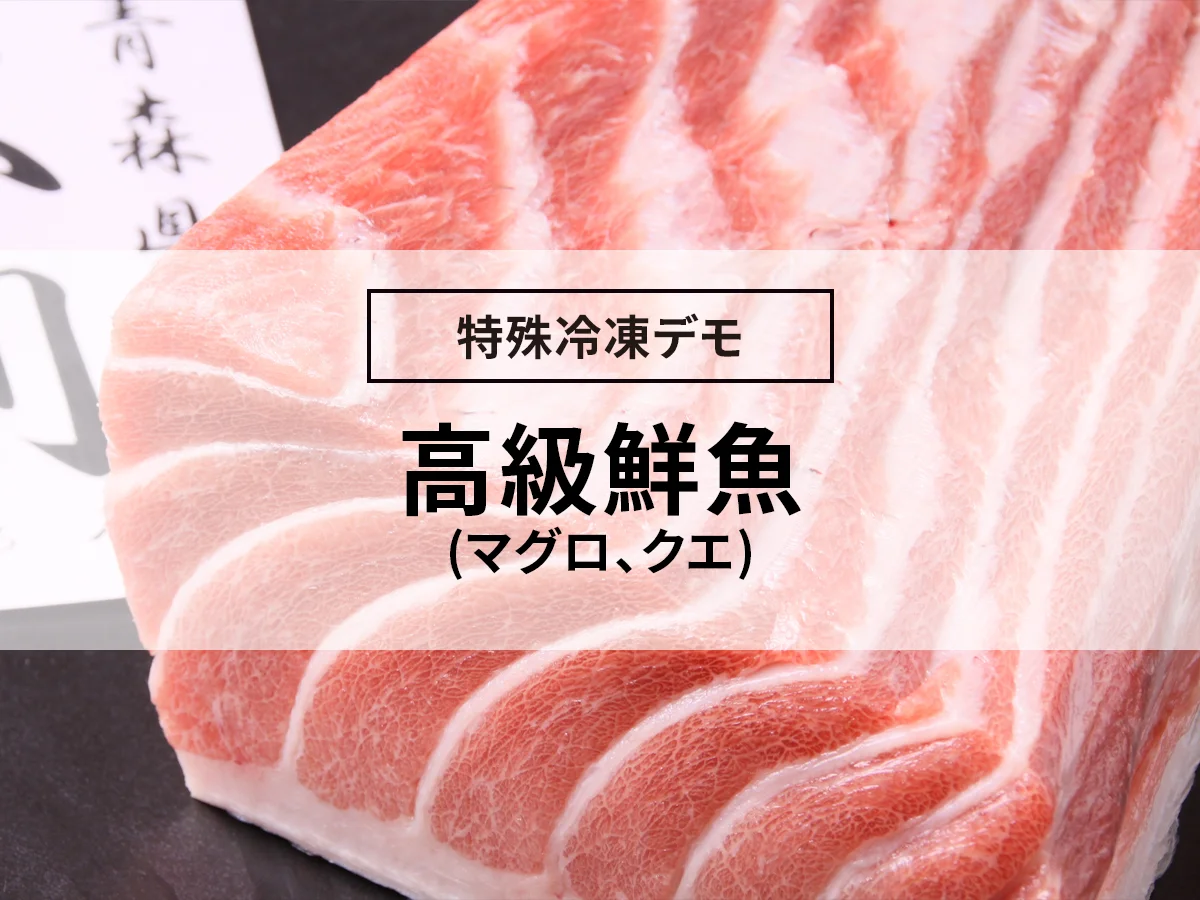
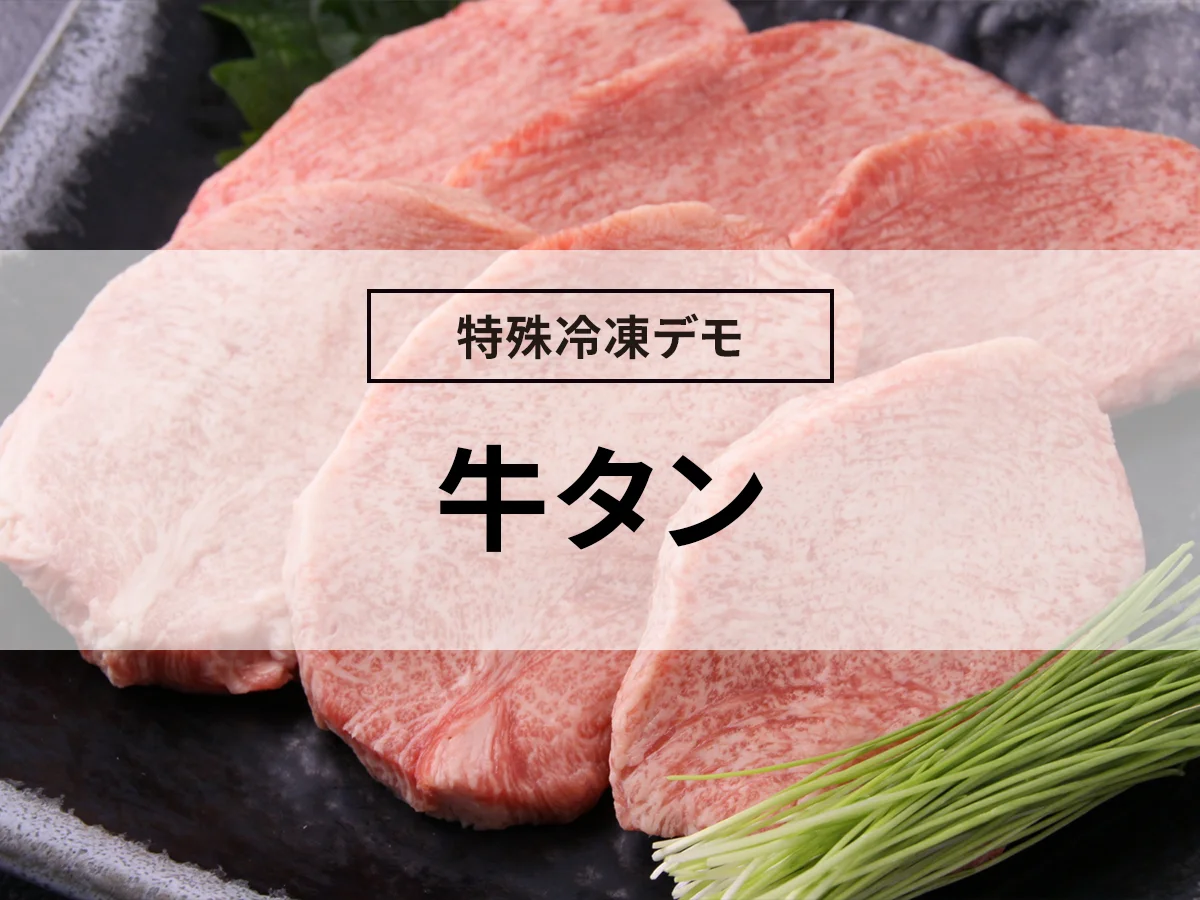








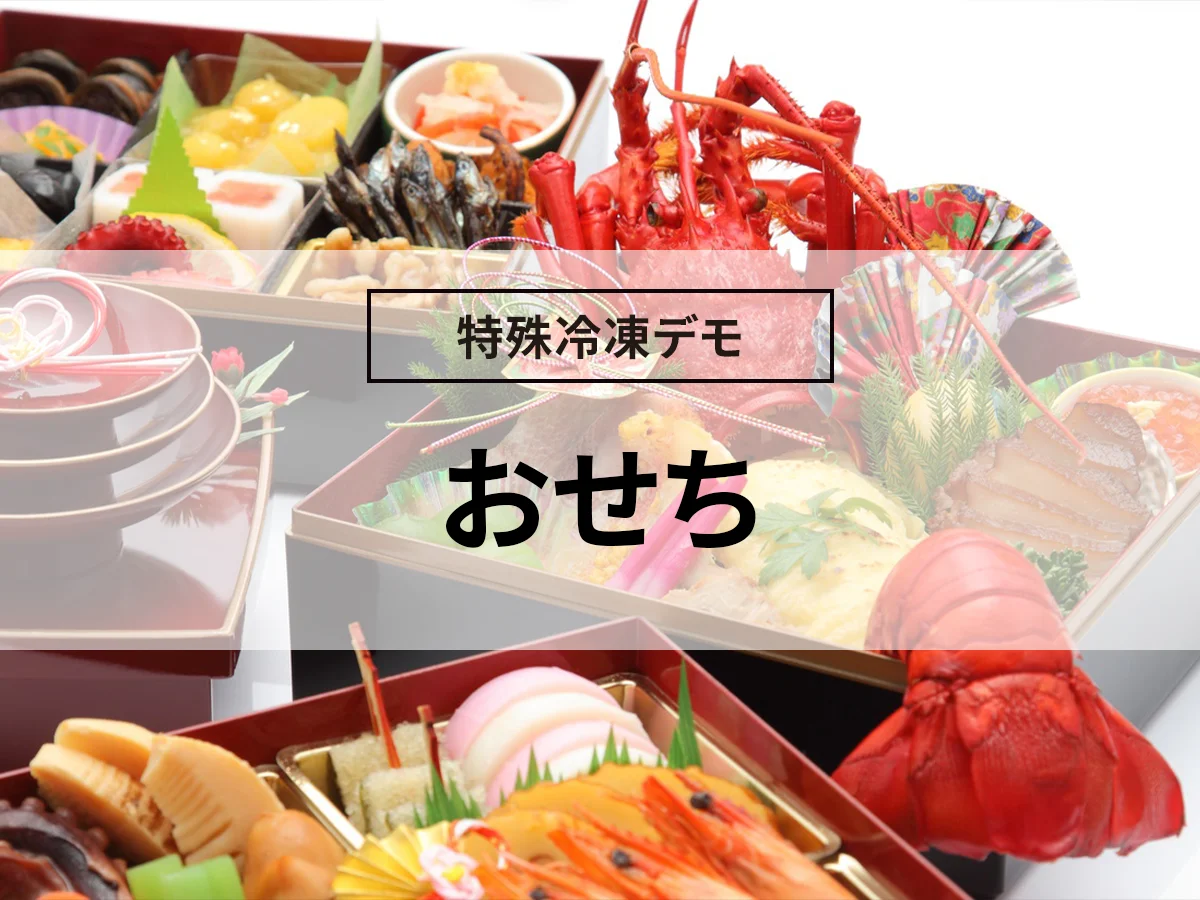
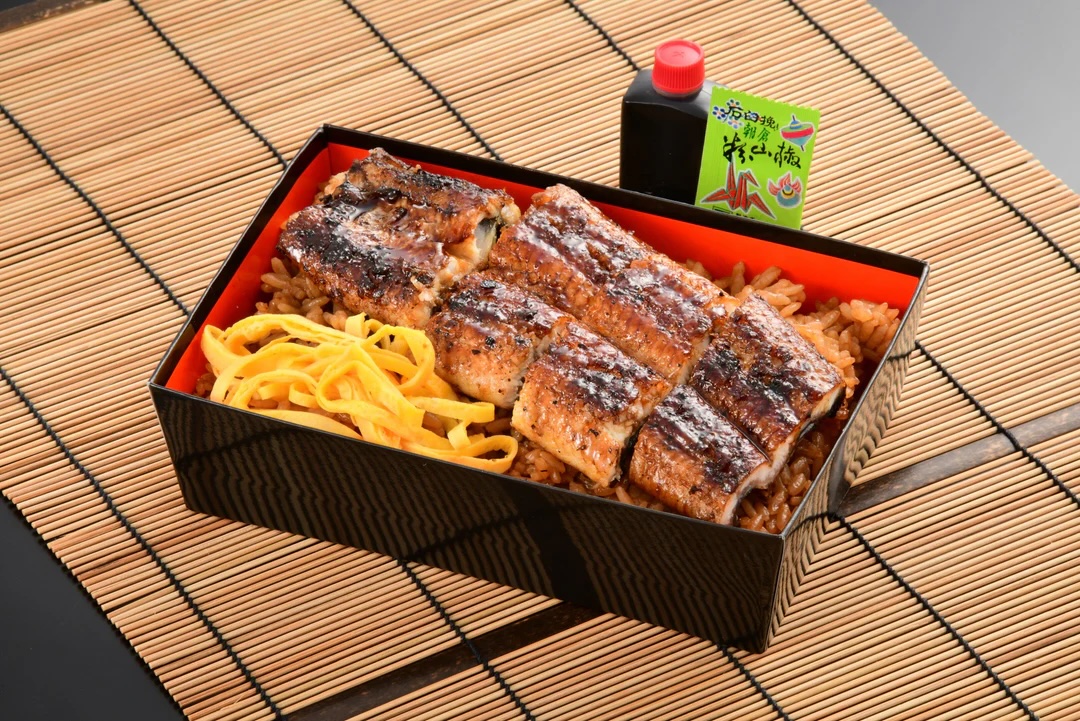
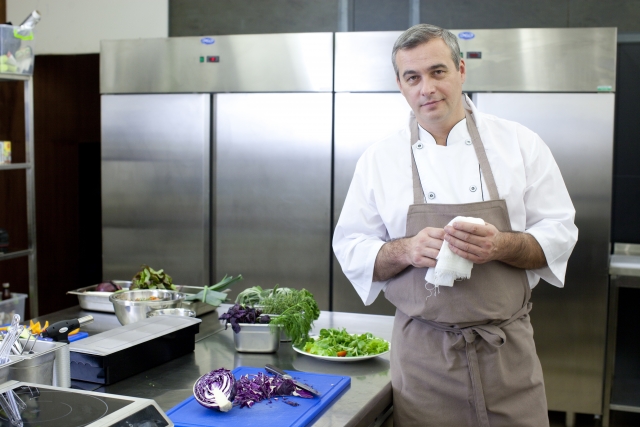

![[Must-see for beginners] What's so great about rapid freezers? Easy-to-understand explanation of the mechanism and benefits!](https://shunkashutou.com/wp-content/uploads/2020/12/9abf7961bd75c2a2af6fb61767b4fdb1-1.webp)
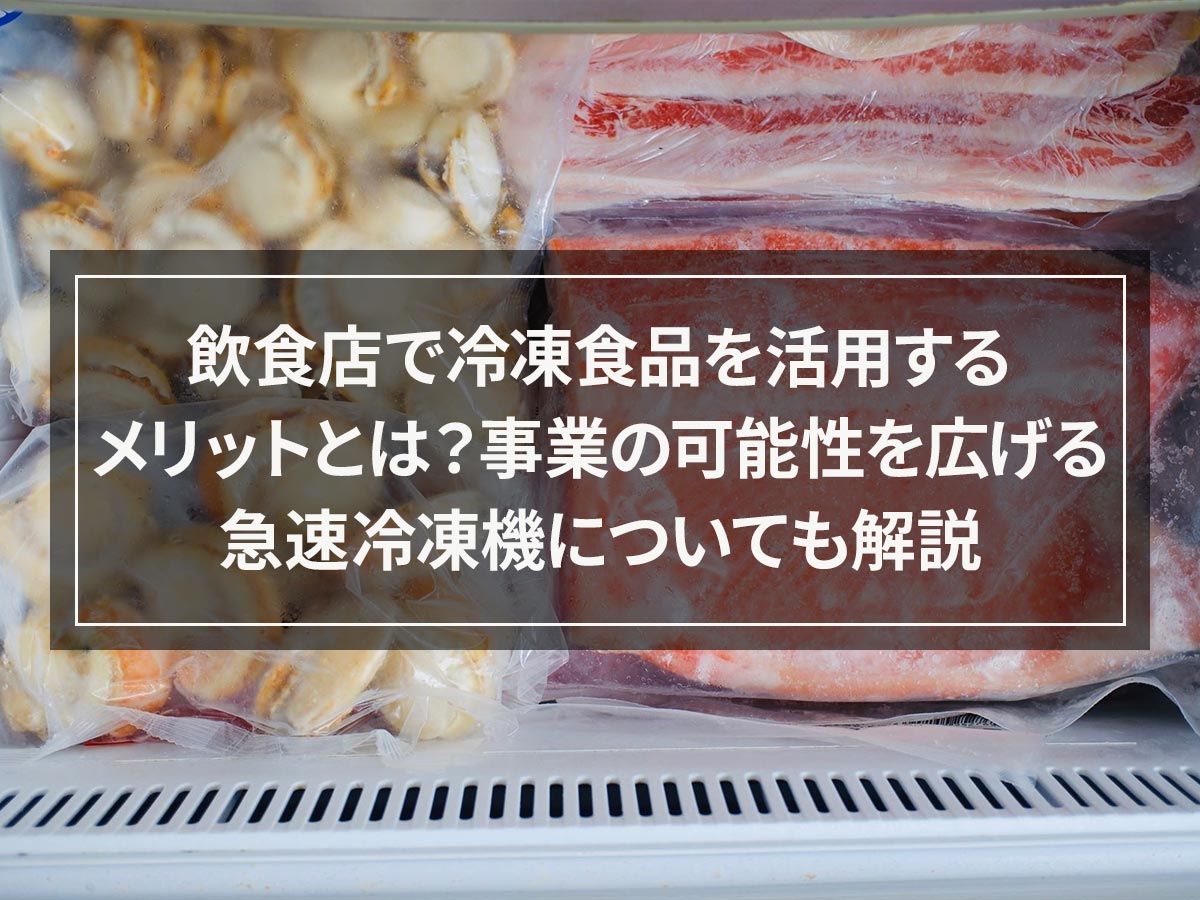

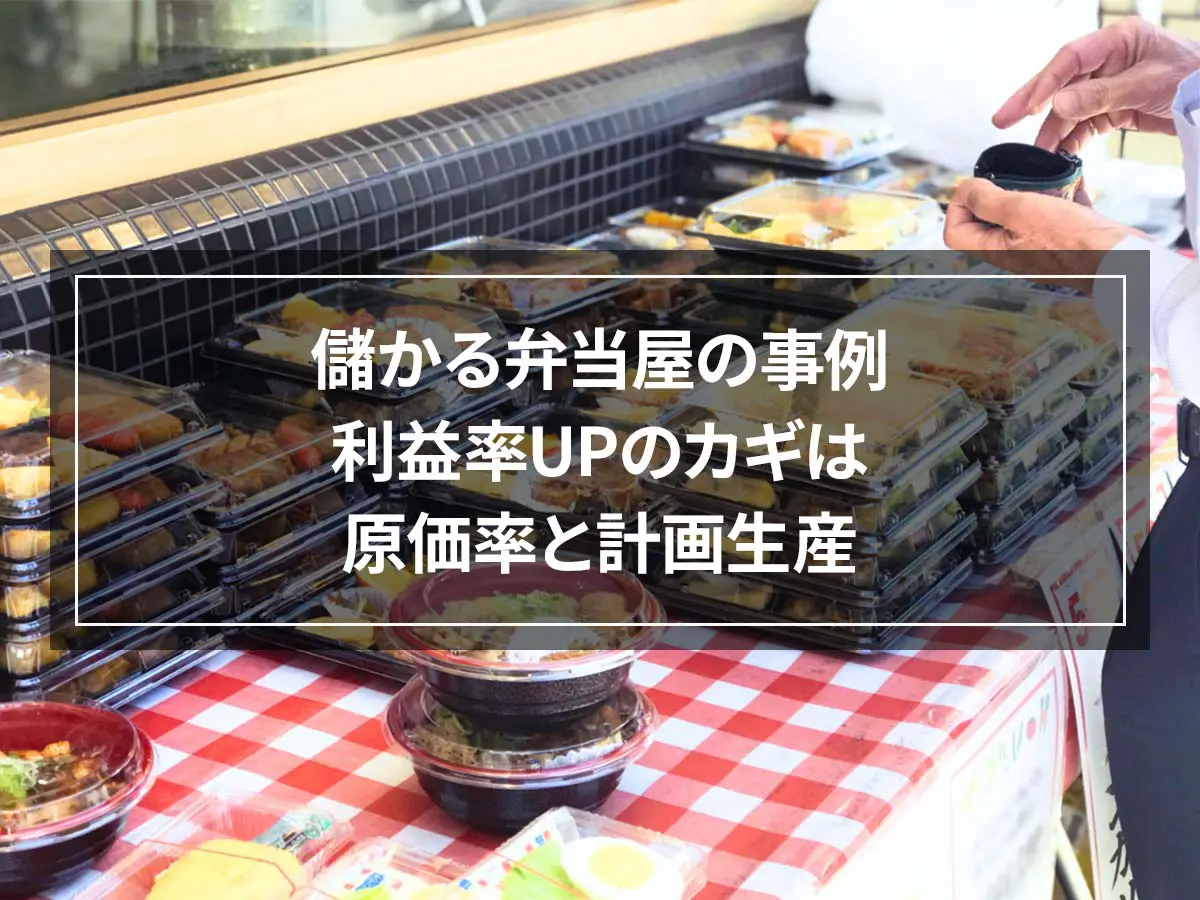
![[Labor shortage]The benefits with examples of using rapid freezer](https://shunkashutou.com/wp-content/uploads/2019/04/hitodebusoku-article-main_pc.jpg)

![[Freezing Neapolitan] rapid freezing demonstration](https://shunkashutou.com/wp-content/uploads/2016/09/napolitan.jpg)
![[Restaurants/Restaurant] Advantages and success stories of introducing rapid freezer](https://shunkashutou.com/wp-content/uploads/2015/05/inshoku-article-eyecatch1.jpg)
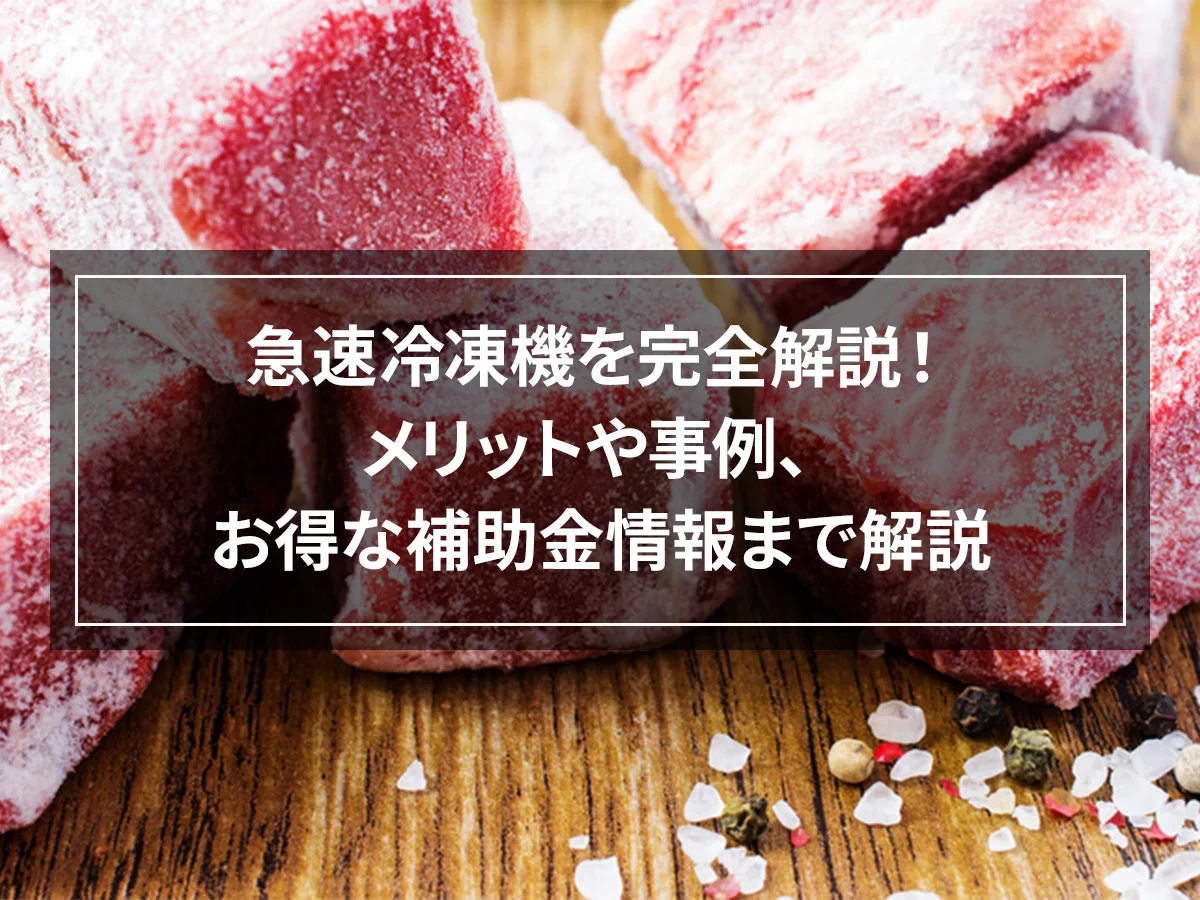

![[Explanation with photos] How to freeze peaches, storage period, and 5 recipes!](https://shunkashutou.com/wp-content/uploads/2023/09/b454a38d482a64b14d55d2560aa4193a.jpg)

![[Explanation with photos! ] A good way to freeze lotus roots and recipes to use them!](https://shunkashutou.com/wp-content/uploads/2023/10/adac4ea3f269121c4cb5e74b323508f5.jpg)
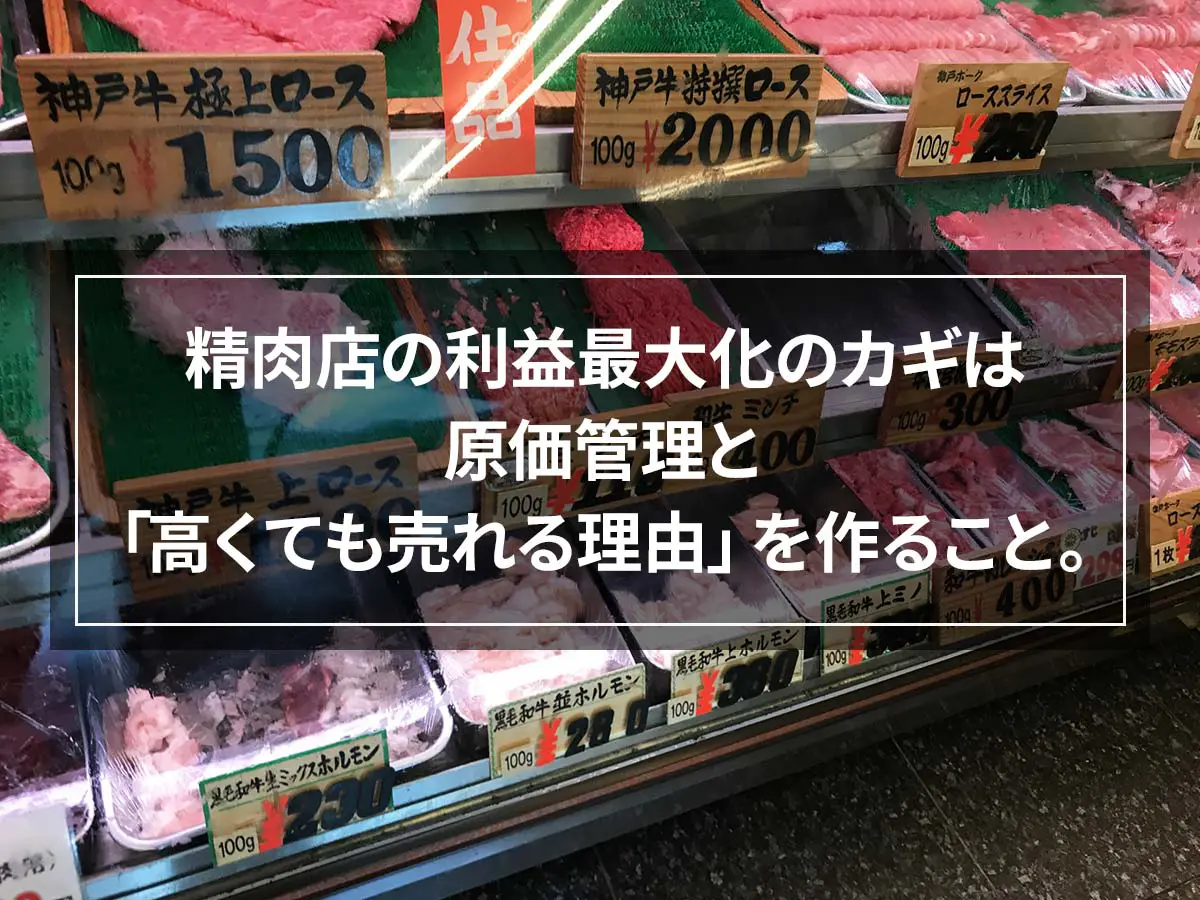
![[Achieving instant freezing at home] The evolving freezing function of home refrigerators](https://shunkashutou.com/wp-content/uploads/2015/10/93e403bcf18bda6b2d63c7c74fdef064.jpg)
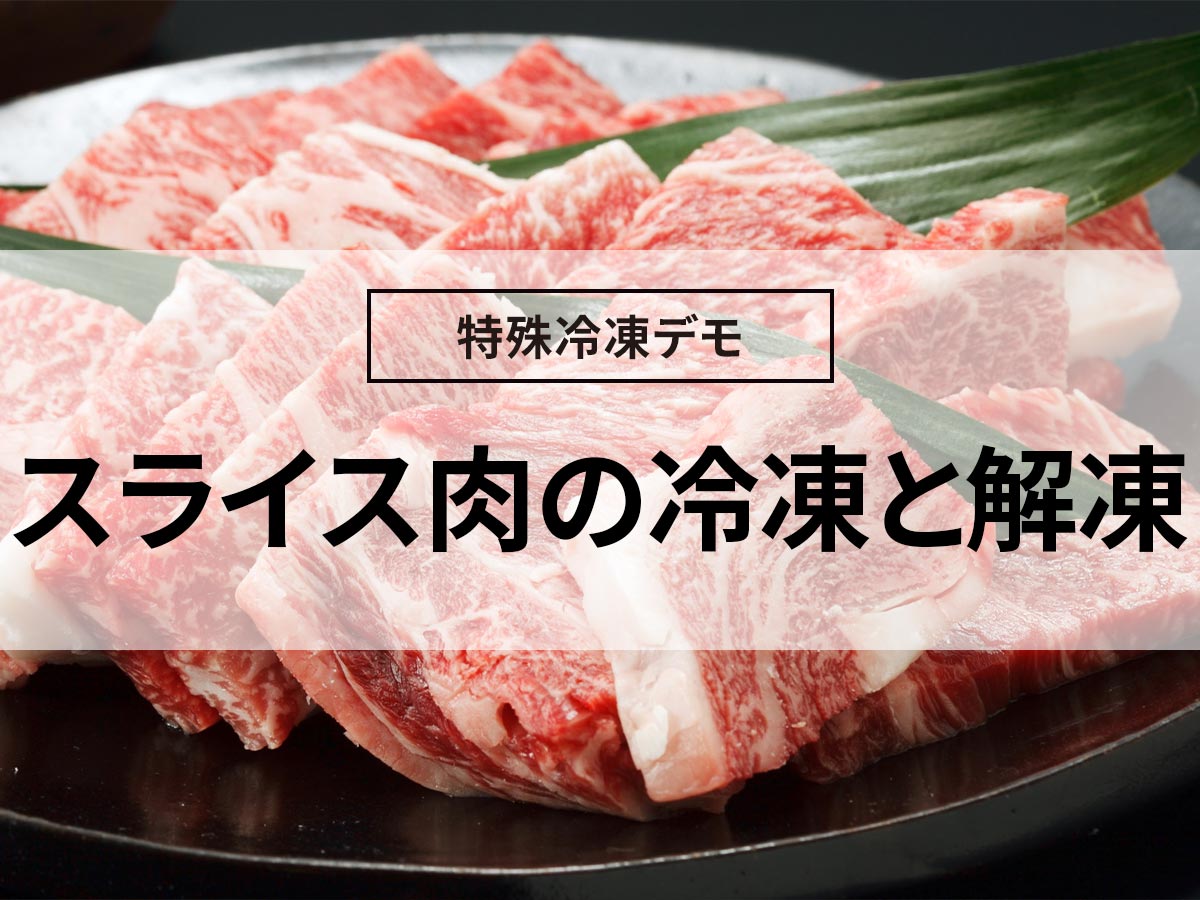
![[Required for Cook Chill System] How much does a blast chiller cost?](https://shunkashutou.com/wp-content/uploads/2024/08/fc29ddca3d7d1f8d53bf99518ce28fcf.webp)
![[For the lunch box manufacturing industry] Business issues can be solved by using rapid freezing!](https://shunkashutou.com/wp-content/uploads/2024/04/f93f171f5d29bdb15c4b8d06e244b002.jpg)
![How to freeze bitter gourd and 5 recipes! [Explanation with photos! ]](https://shunkashutou.com/wp-content/uploads/2023/09/8fe0cb793c93d4fd4c26f352d17e5b87.jpg)
![[Eliminating the labor shortage! ] Introducing the benefits of the cook-freeze system!](https://shunkashutou.com/wp-content/uploads/2018/12/72352e99f79e7f2bfa6e9eca24acceb0.webp)
![[Current situation and countermeasures for food loss] What are efforts to reduce food waste and rapid freezing? ?](https://shunkashutou.com/wp-content/uploads/2024/04/ddc2c5b7fa32b837dcbdcd1ab68e9087.jpg)
![[Rapid defrosting or slow defrosting] Unsure of which method? Read the complete guide on how to defrost](https://shunkashutou.com/wp-content/uploads/2024/10/ec8d0eb82bcecb5525574a8f72183a97.webp)
![[Easy installation and bulk storage] Prefabricated freezer functions and prices](https://shunkashutou.com/wp-content/uploads/2015/09/e52a1bacf6f05c6337143048f88802d7.jpg)


![[Explanation with photos] Freezing and storage period of yellowtail fillets, carefully selected recipes!](https://shunkashutou.com/wp-content/uploads/2023/08/2613b1c938d382e3afc17125432167f0-1.jpg)
![How to freeze potatoes and a great time-saving recipe! [Moms must see! ]](https://shunkashutou.com/wp-content/uploads/2023/10/potato1-768x512-1.jpg)

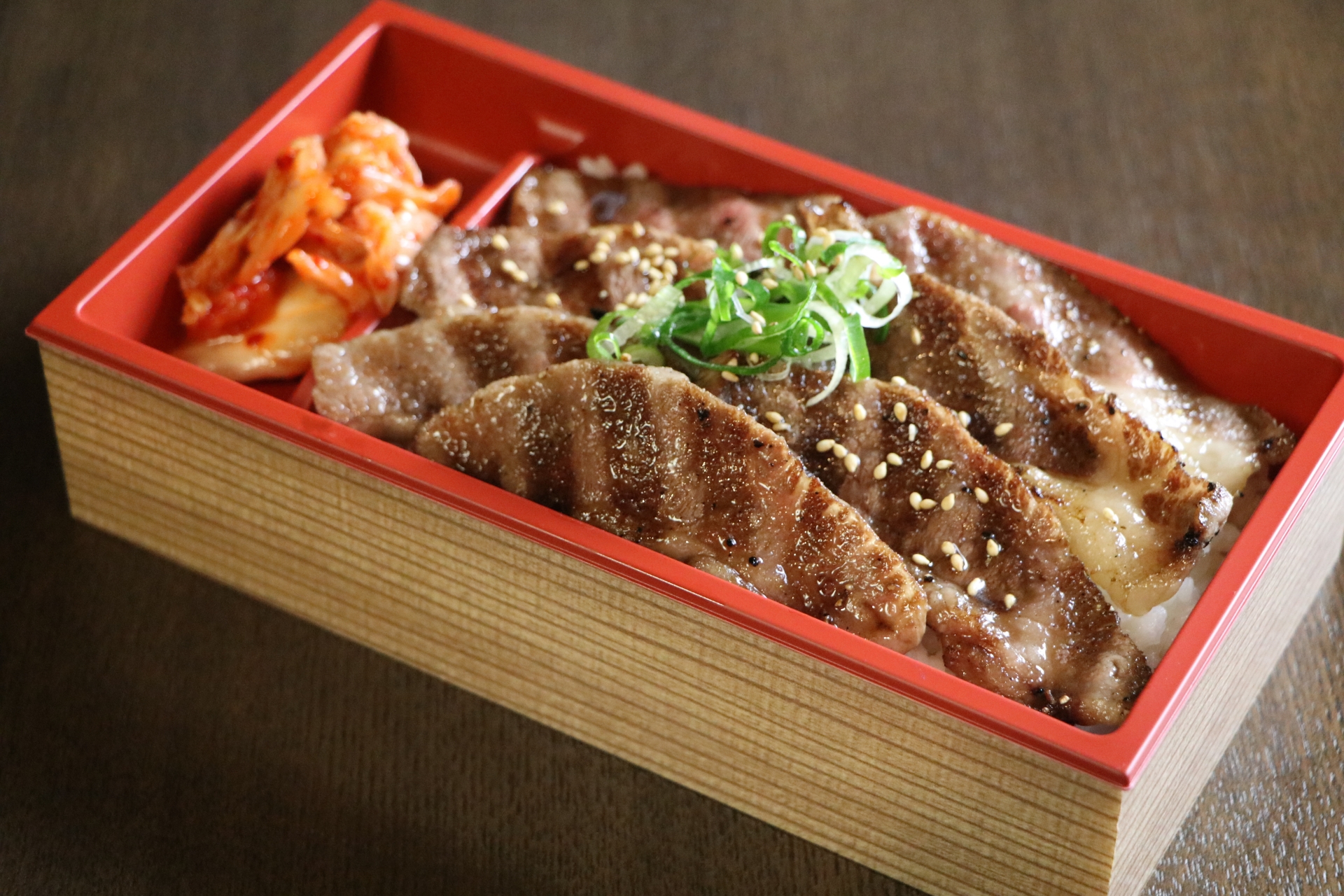

![[Includes grilling instructions] How to freeze hamburger steak, storage period, and carefully selected recipes!](https://shunkashutou.com/wp-content/uploads/2023/09/eb3a531f7fd023f973240f698c092b64.jpg)
![[For food manufacturers] What is the meaning of IQF freezing and what is rapid freezer required for it?](https://shunkashutou.com/wp-content/uploads/2017/03/40008d9f1a752dd006399fe1c4beda34.jpg)
![[Includes recommendations by industry] Summary of types and benefits of small rapid freezer](https://shunkashutou.com/wp-content/uploads/2020/12/smallsize.jpg)


![[For maintaining food quality!] Three functions you should know about constant temperature and high humidity storage](https://shunkashutou.com/wp-content/uploads/2015/10/krefrigerator.jpg)
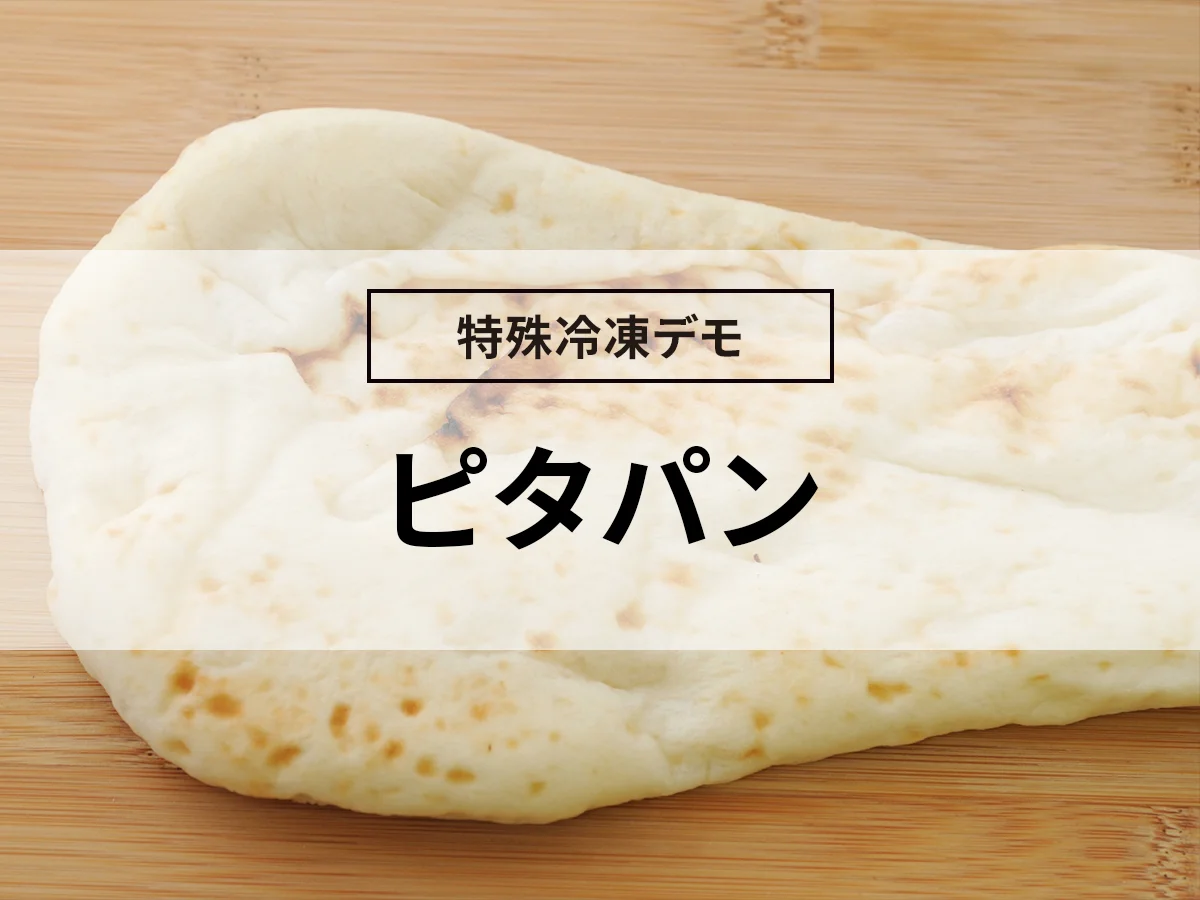

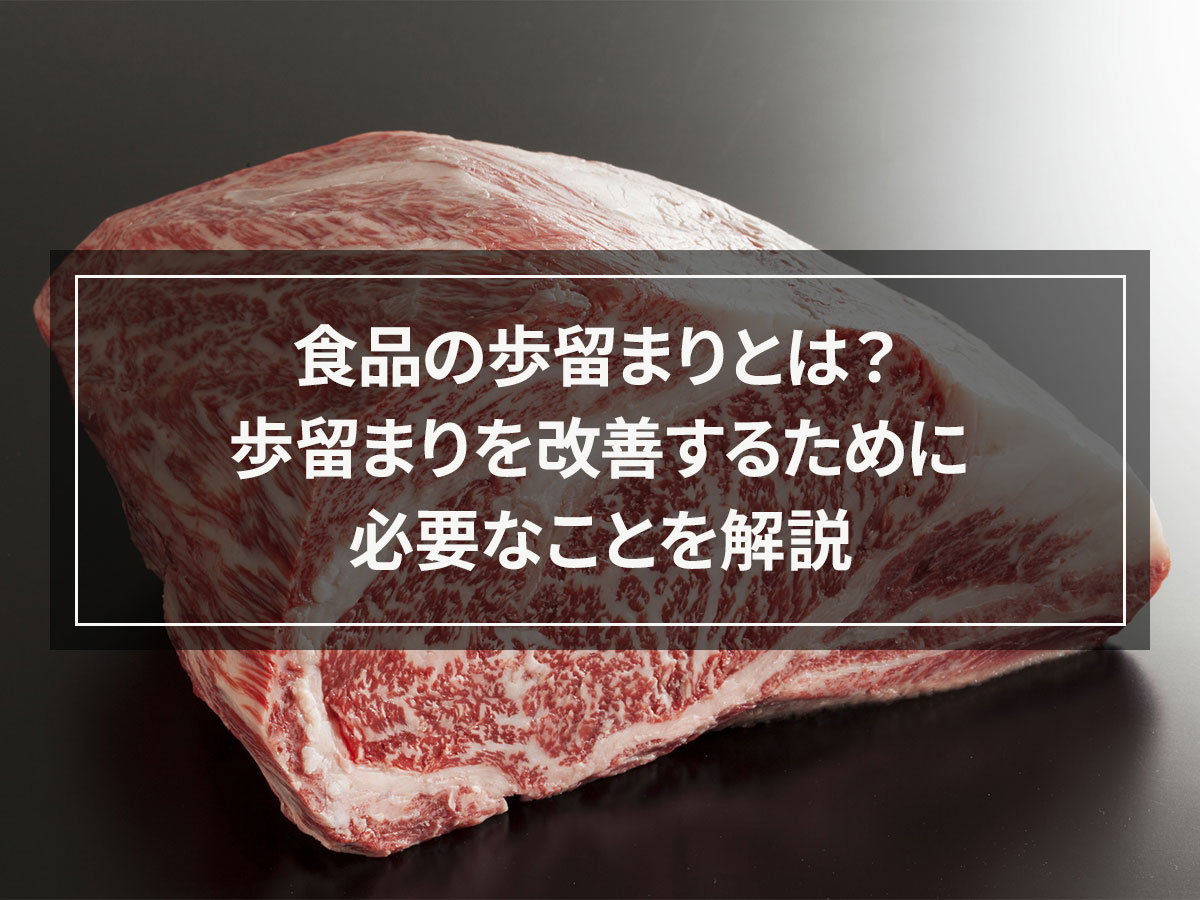
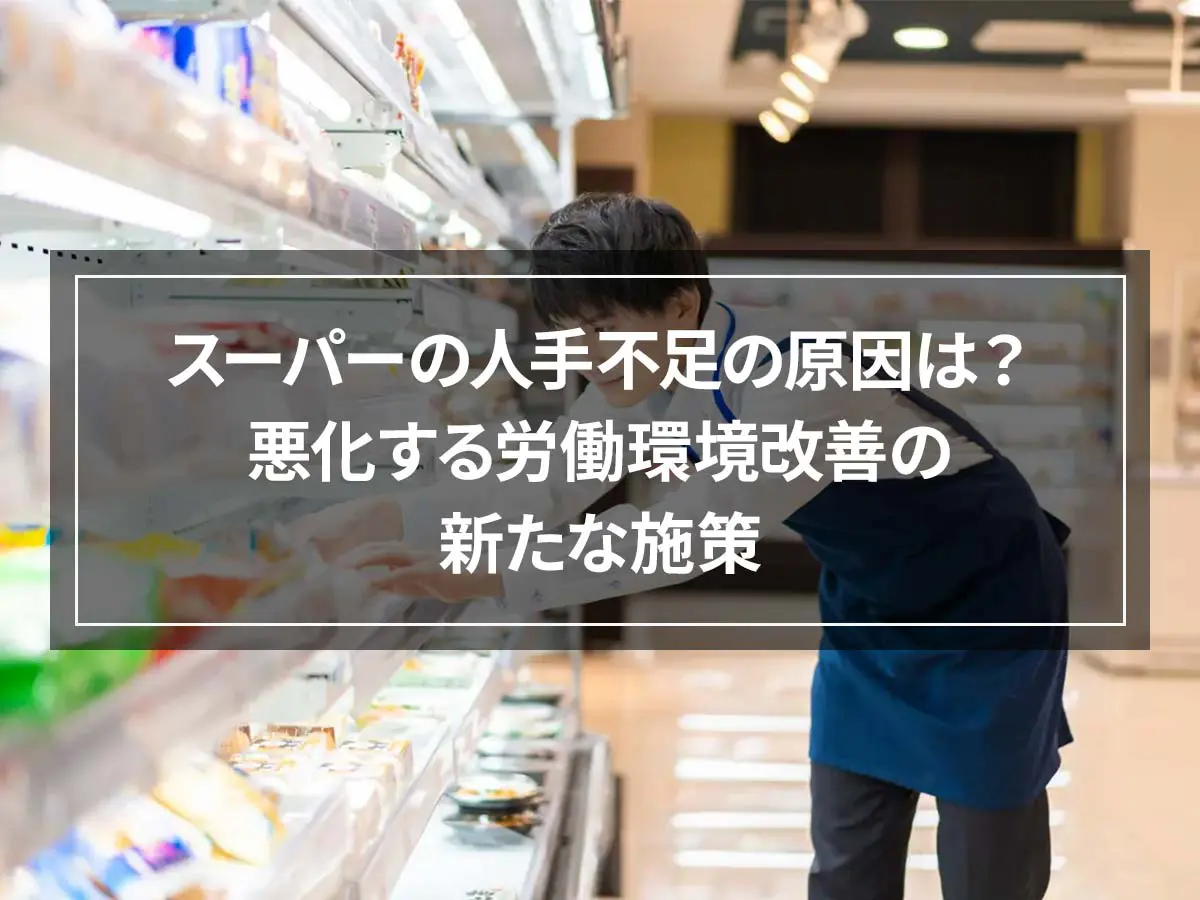
![[Introducing case studies as well!] 5 reasons why curry restaurants should install rapid freezer](https://shunkashutou.com/wp-content/uploads/2024/07/2a0deb9a6db53165f0a4938bc80cee46.webp)
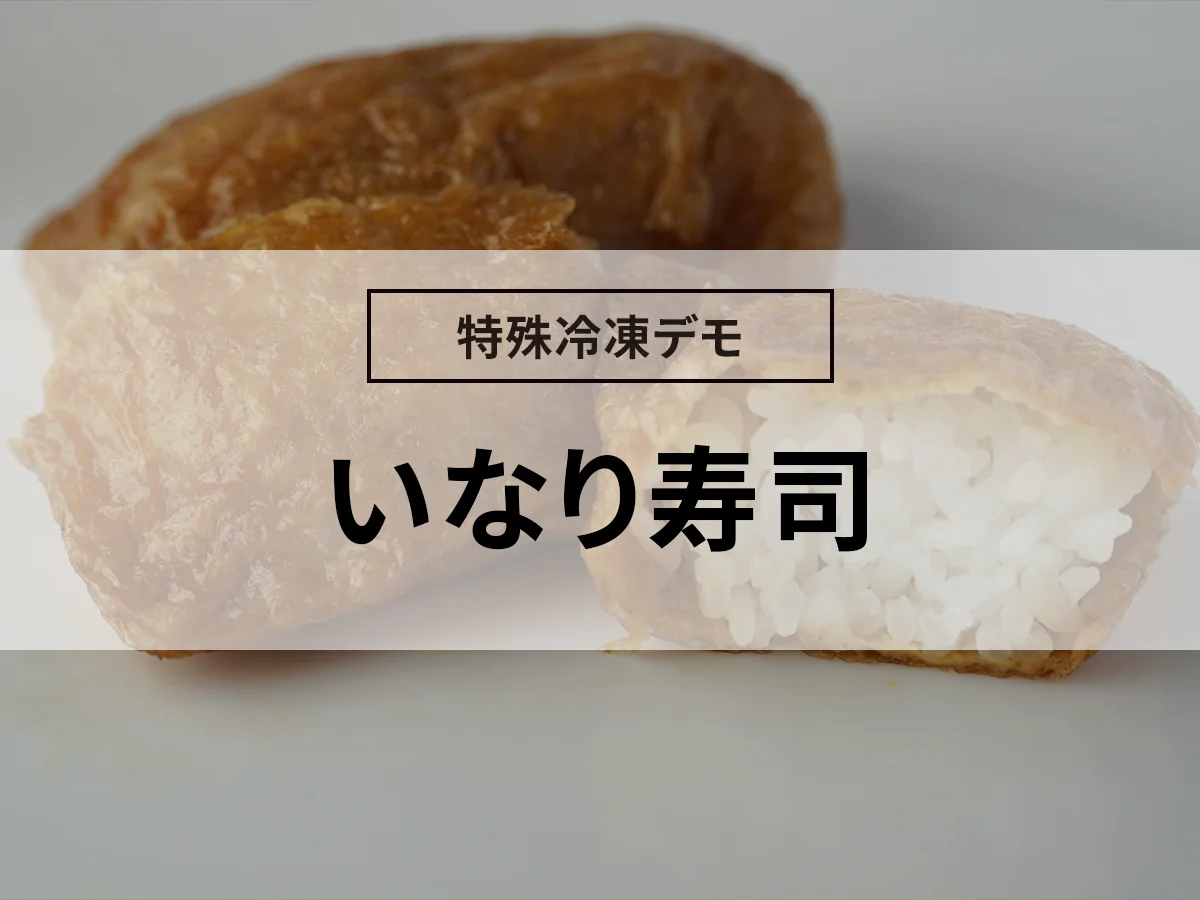
![[Can it be frozen? ] How to freeze fresh cream, storage period, thawing method and 5 recipes!](https://shunkashutou.com/wp-content/uploads/2023/09/1887f5bd8f2d7f9ef1d88754f2c5bcc4.jpg)
![How to freeze sweet potatoes, storage period, and 5 recipes! [Explanation with photos! ]](https://shunkashutou.com/wp-content/uploads/2023/10/36256af24531b73a036523ba73bdf9ec.jpg)
![[Explanation with photos! ] How to freeze saury, storage period, and 5 recipes!](https://shunkashutou.com/wp-content/uploads/2023/10/fff0f92d808aca2392b3eb576f218f08.jpg)

![How to freeze zucchini and 5 recipes! [Explanation with photos! ]](https://shunkashutou.com/wp-content/uploads/2023/10/zucchini6-768x512-1.jpg)

![[Food/processing manufacturers] Advantages and success stories of introducing rapid freezer](https://shunkashutou.com/wp-content/uploads/2015/05/jirei_kakou_img_01.jpg)
![[Can it be frozen? ] Introducing a good way to freeze green peppers and side dish recipes](https://shunkashutou.com/wp-content/uploads/2023/09/30407f106c5c082468c66af0d40c5858.jpg)

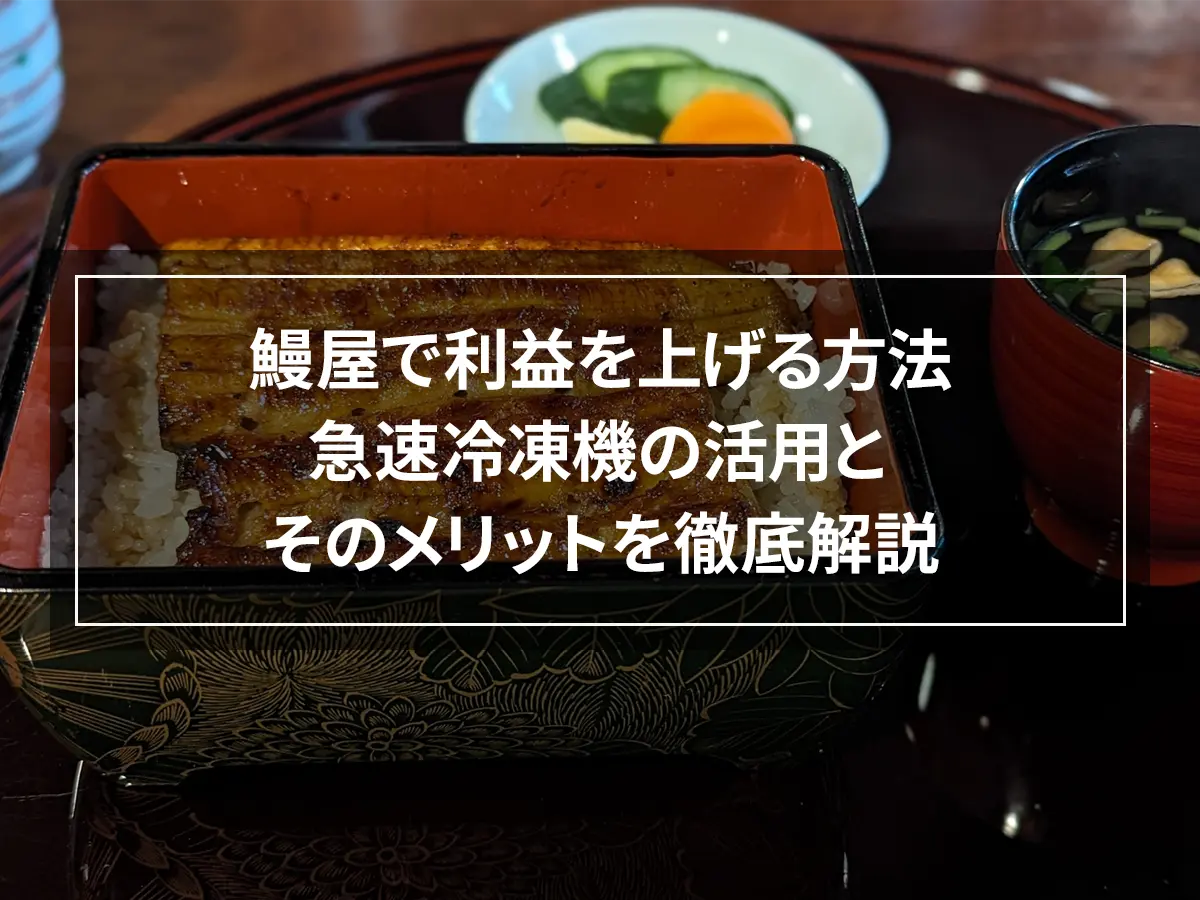
![How to freeze rice cake, expiry date, and 5 recipes! [Explanation with photos! ]](https://shunkashutou.com/wp-content/uploads/2023/10/bd019f04ad570f697ffefe9ffd2e1e71.jpg)

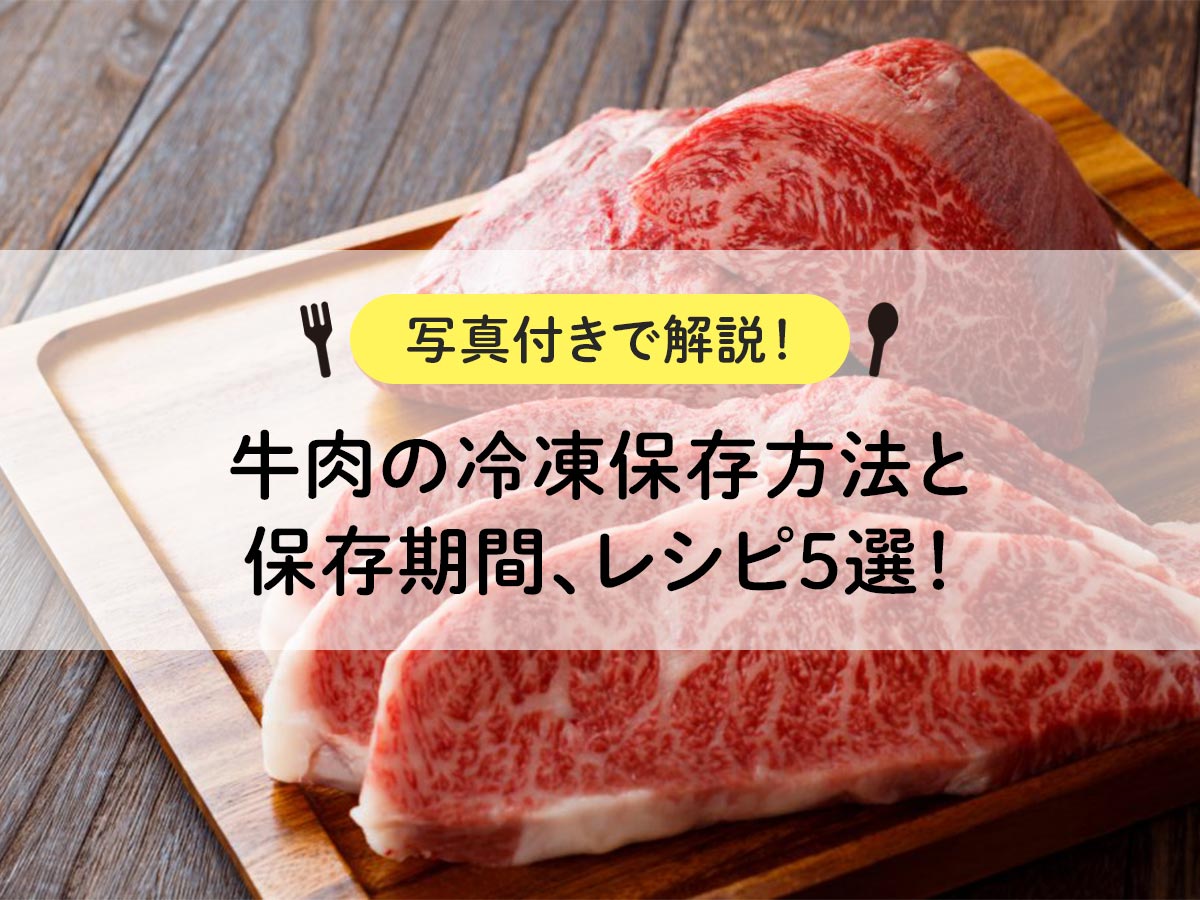

![How to freeze and thaw chestnuts, storage period, and 5 recipes! [Explanation with photos]](https://shunkashutou.com/wp-content/uploads/2023/09/c590a9e6fb16ed45fe2fdd32813de03b.jpg)
![Explaining how to freeze tempura with photos! [Storage period, thawing, carefully selected recipes]](https://shunkashutou.com/wp-content/uploads/2023/10/51f33cde78d02d01a9e827132e4f069d.jpg)
![[Increase sales! ] Three reasons why ramen restaurants should install rapid freezer](https://shunkashutou.com/wp-content/uploads/2024/08/deb66347f085932482279d9069d398c8.webp)

![[Achieving low cost and high quality] The problems of pubs can be solved with a quick freezer!](https://shunkashutou.com/wp-content/uploads/2024/09/11d55612344a4cbad2ad506ae700c81b.webp)

![[Introduced one after another in restaurants] Advantages of commercial rapid freezing! What about second hand ones?](https://shunkashutou.com/wp-content/uploads/2015/05/16920085ea8194572cc7c5babebedbe5_s.jpg)



